
Hockey is a fast paced and physical sport that demands both athleticism and skill. As players rise the ranks, the mental game becomes more and more important.
Those that consistently play with confidence, trust their training, and relentlessly play their game have a significant competitive advantage.
But many players get caught in the fear mindset – afraid to make mistakes. They end up tentative with the puck, overthinking key decisions, and doubting their abilities.
We work with Hockey Players to improve their mental game and consistently show up in an attack mindset. Here are the most common situations we help hockey players with:
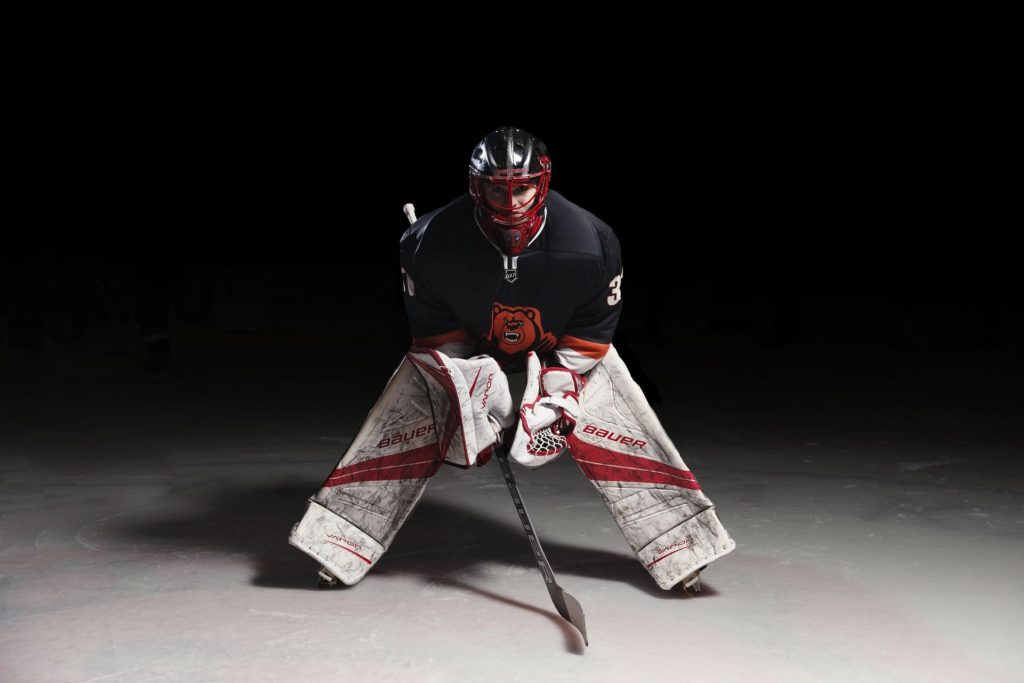

At CEP, our purpose is to help you achieve Consistent Elite Performance.
In order to do that, you need to spend more time in the ZONE.
The problem is, like most hockey players, you spend too much time in your own head.
This can be frustrating and discouraging because you have put in all this work to develop your physical abilities, but your mindset is causing you to underperform.
We understand that working on your mindset can be difficult and confusing.
That is why the CEP System has 3 simple steps that have helped 10,000’s of athletes get in the ZONE:
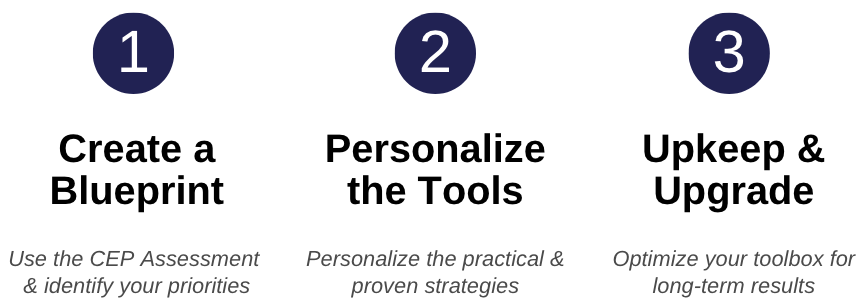
When you join our programs, you will stop spending so much time in your own head and start achieving Consistent Elite Performance.

You wouldn’t build a house without a blueprint – and in the same manner you shouldn’t work on your mental game without first knowing what to work on.
The CEP assessment breaks down your mindset into the 7 Mental Skills that you need to develop in order to build a strong foundation and win the mental game.
This breakdown not only helps us determine which mental skills to prioritize in your program, but also ensures we keep you accountable to making progress.
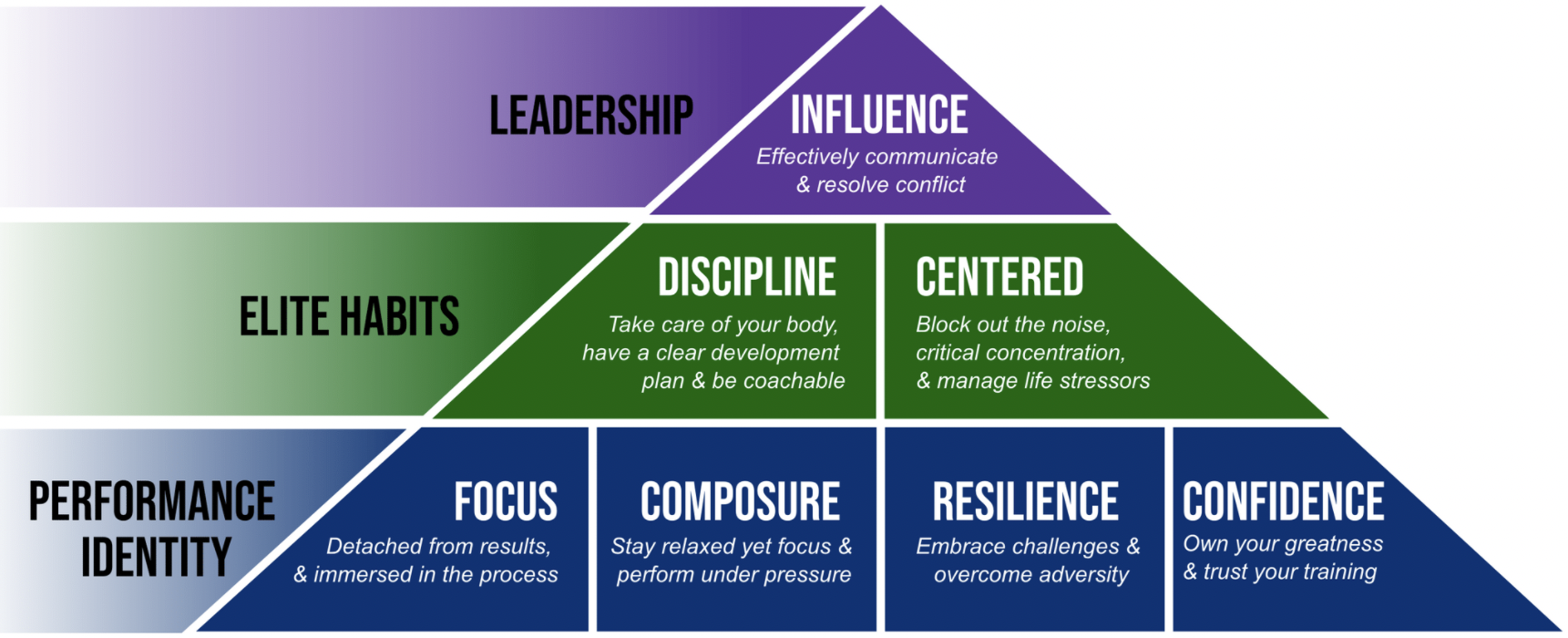
Now that you can see what you will be working on, let us show you HOW you will work on it.

A good blueprint won’t help without the right tools. For example, you may have tried the cookie-cutter advice perpetuated by hockey culture like ‘be positive, forget about it, or don’t worry about it.’
But when you build your mental game by patching together all these fluffy quick fixes – it’s like building a house out of straw – it is not sustainable & will fall apart in the face of adversity & pressure.
Instead, you need to build your mental game – like you would a brick house – out of practical & personalized strategies that deliver reliable and repeatable results.
We have 3 sets of tools – you might not need to use all the tools, but you do need to build your personalized mental toolbox based on your blueprint and current needs.

Implementing steps 1 and 2 can get you results quickly, but if you stop doing the work you will gradually stop getting the benefits.
Similar to how a brick house needs be maintained and modified – the mental game requires constant work and refinement. It never ends.
It is a constant process of self-awareness, self-discovery, and growth.
As time passes you will need to evolve & upgrade your alter ego and reset routine.
You should also constantly tweak and tinker with their personalized scorecard, imagery scripts, and core priorities to match your ever changing landscape.
At CEP Mindset, we like to use our 5 Milestones to make the mental game more tangible and help keep you committed to the constant upkeep and upgrades.
Every season you start from square one and have to put in the work to reach each milestone.

Note that the numbers above are generic and are altered depending on the sport. We use 95% plus in the zone to avoid the trap of perfection.
Hockey Player Case Studies
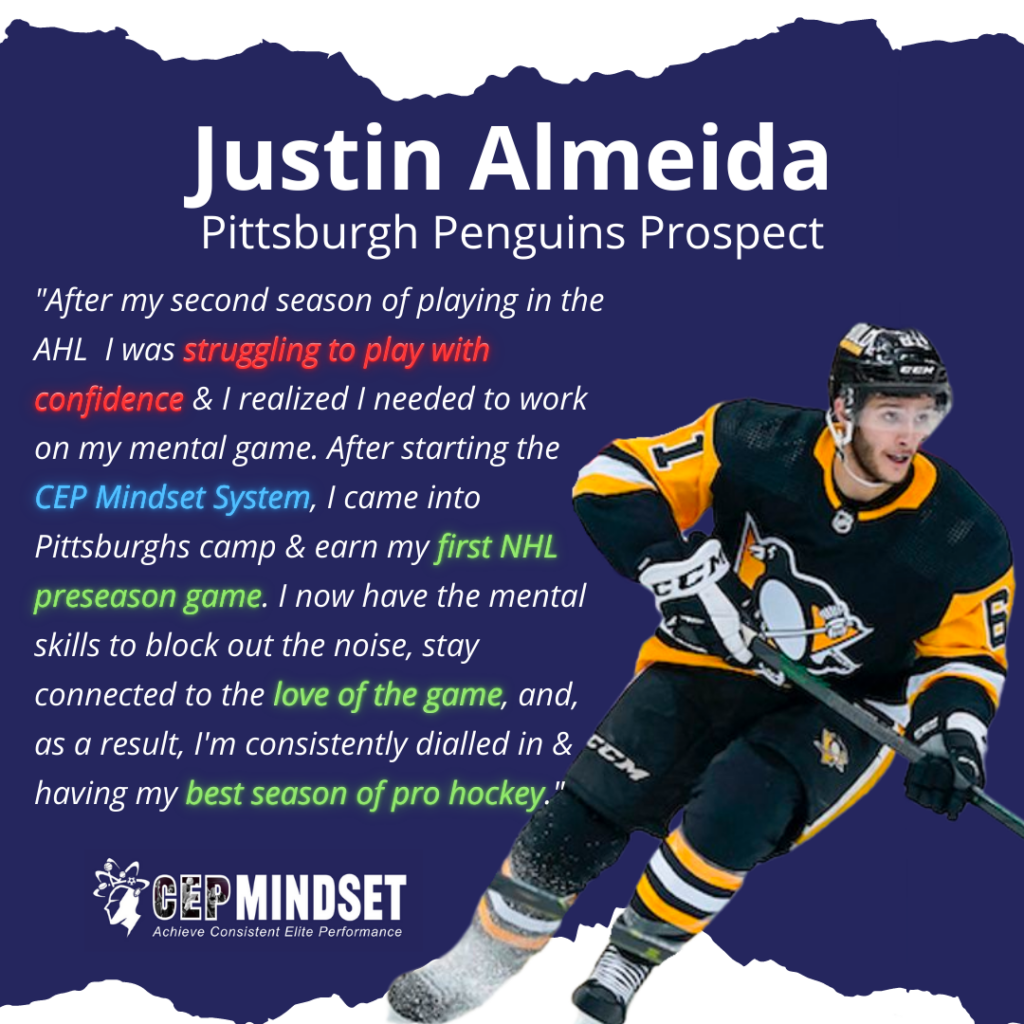
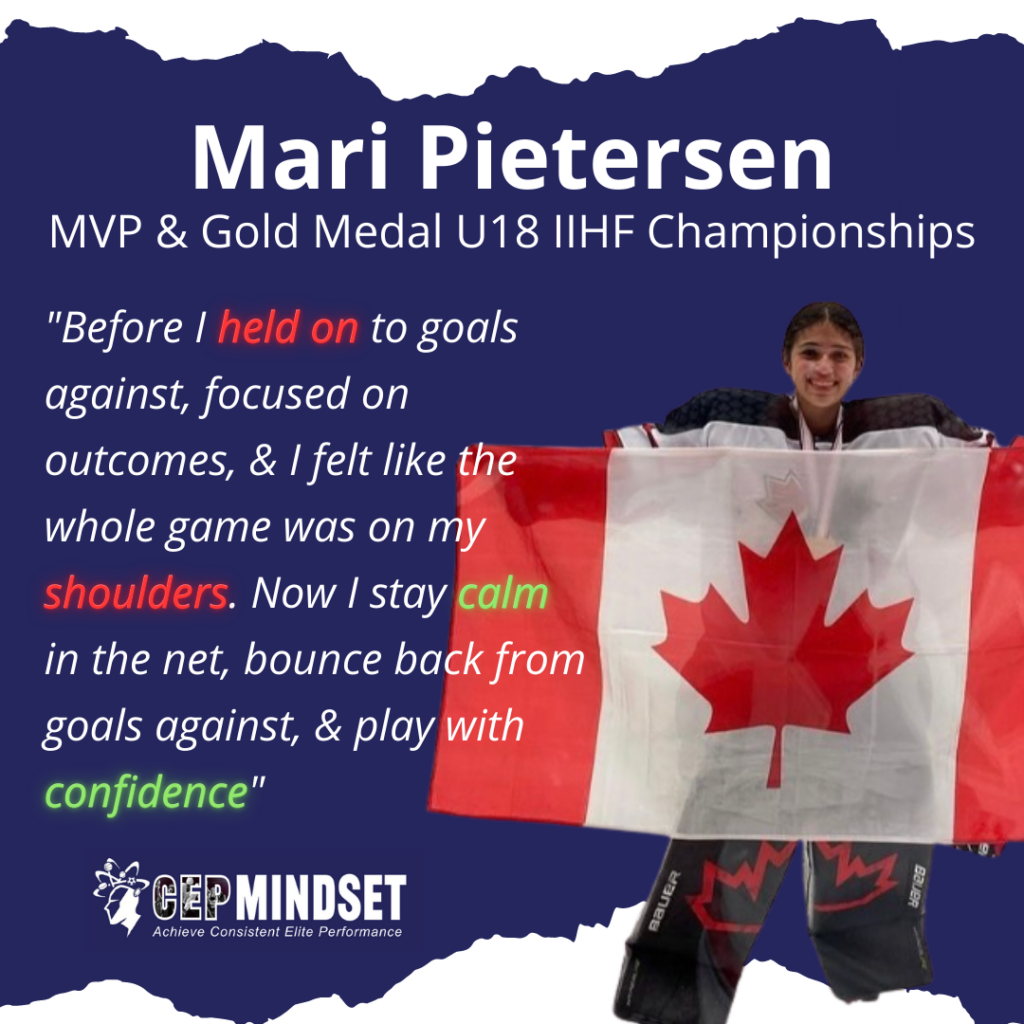
1-on-1 Coaching Programs for Hockey Players
We work with Youth, Amateur, and Professional Hockey Players
The 1-on-1 coaching sessions are in person, on zoom, or via phone and they are schedule based on your needs and availability. You start with a free 30 minute 1-on-1 intro session, then your coach will recommend which option will be the best fit for you. The first session in your program is generally 1 hour and the remaining sessions are 30 minutes. Here are the options for amateur hockey players:
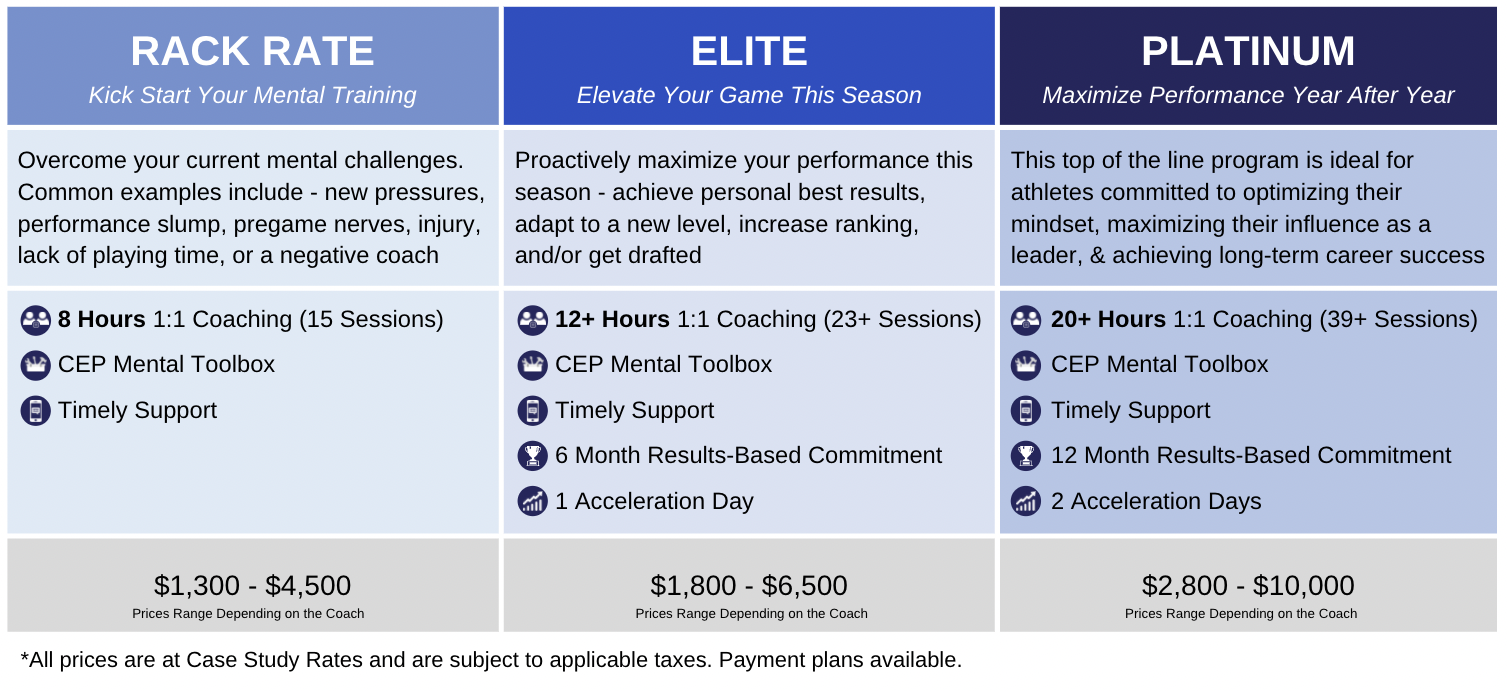
Try It Out – Risk Free
Start with a free 30 min intro session. Once you choose a program, then we promise that within the first 30-Days you will be satisfied with your program and see results or we will give you a 100% refund. You choose a program that you plan to complete – you are not locked in and can stop at anytime.
More Hockey Player Case Studies
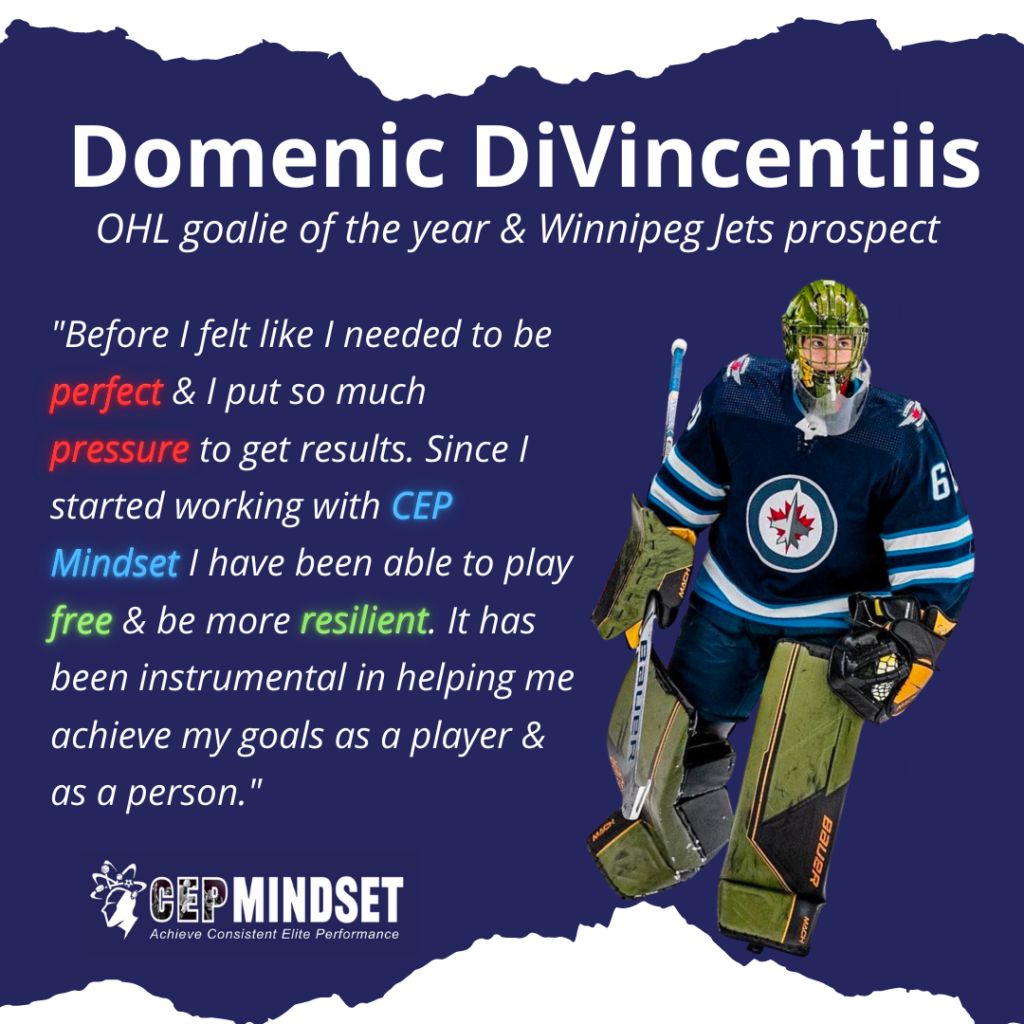
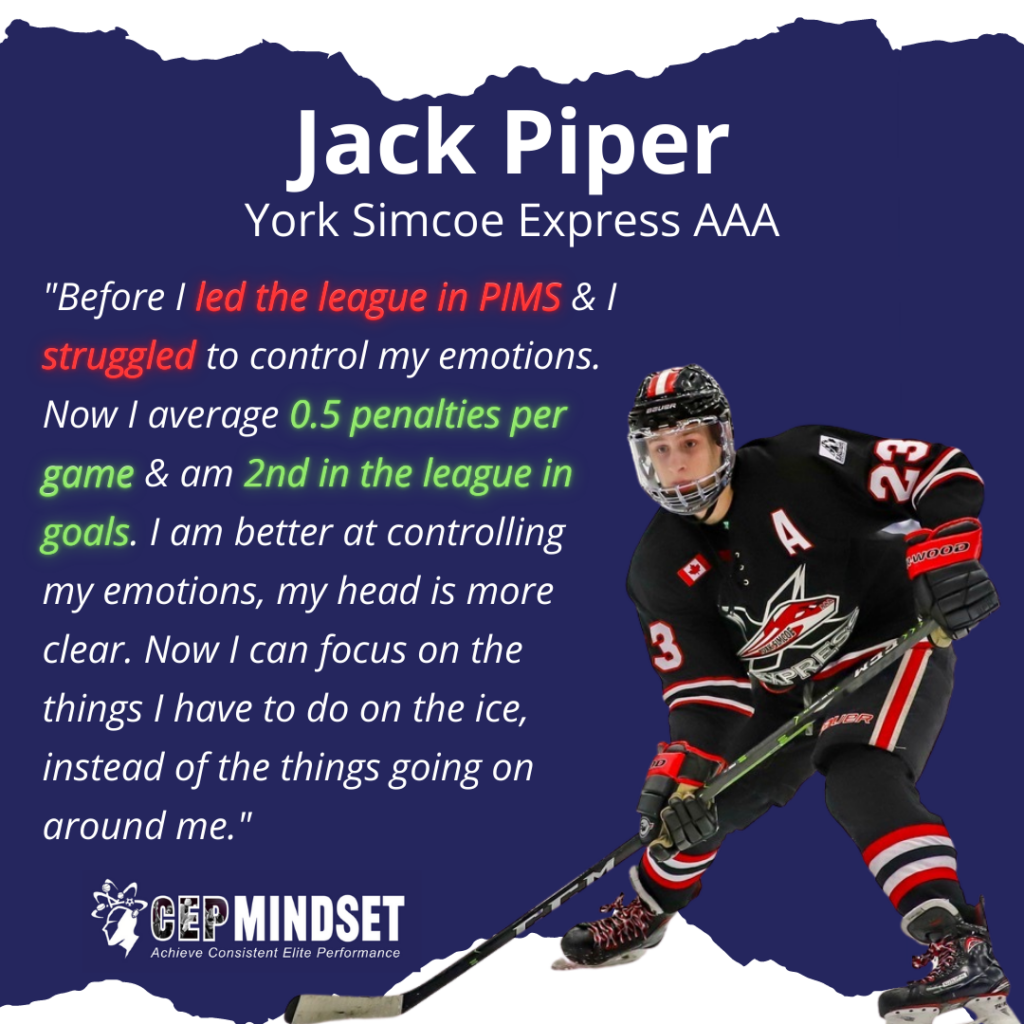
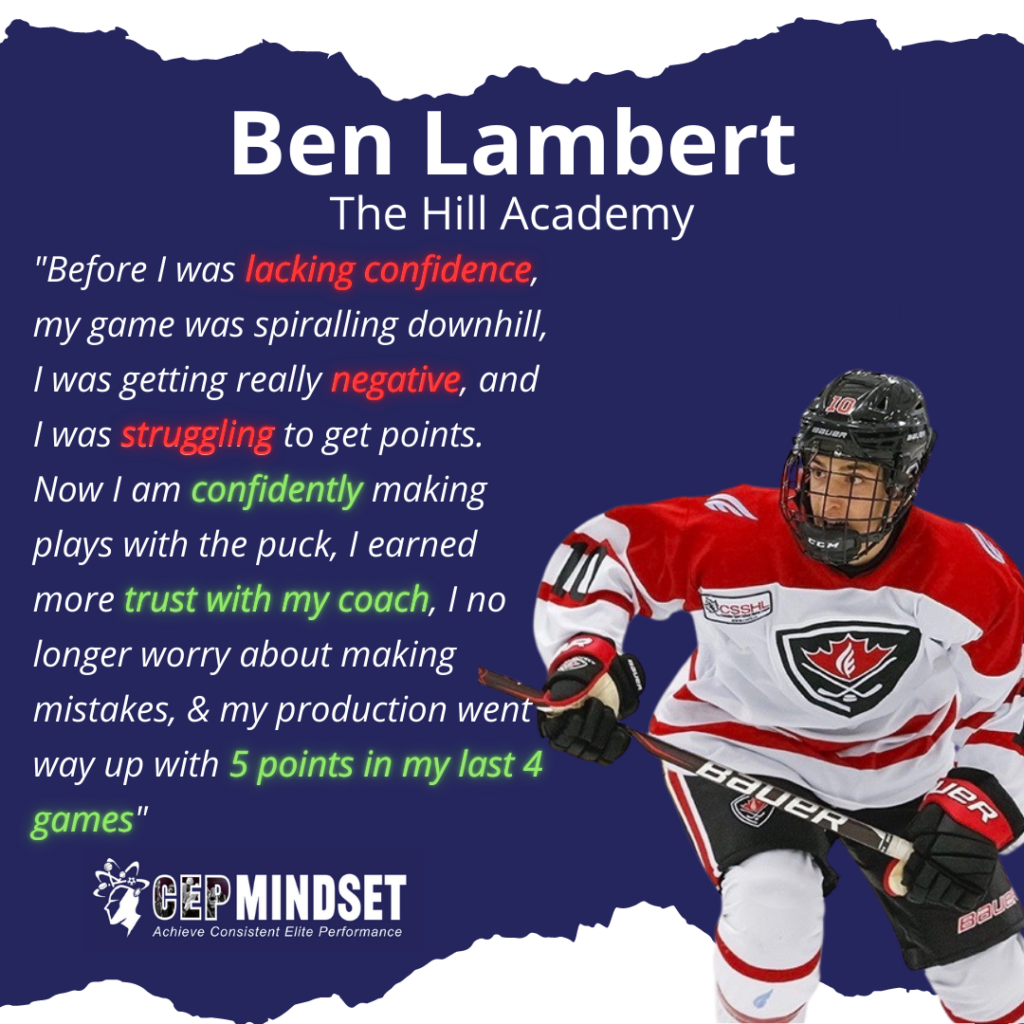
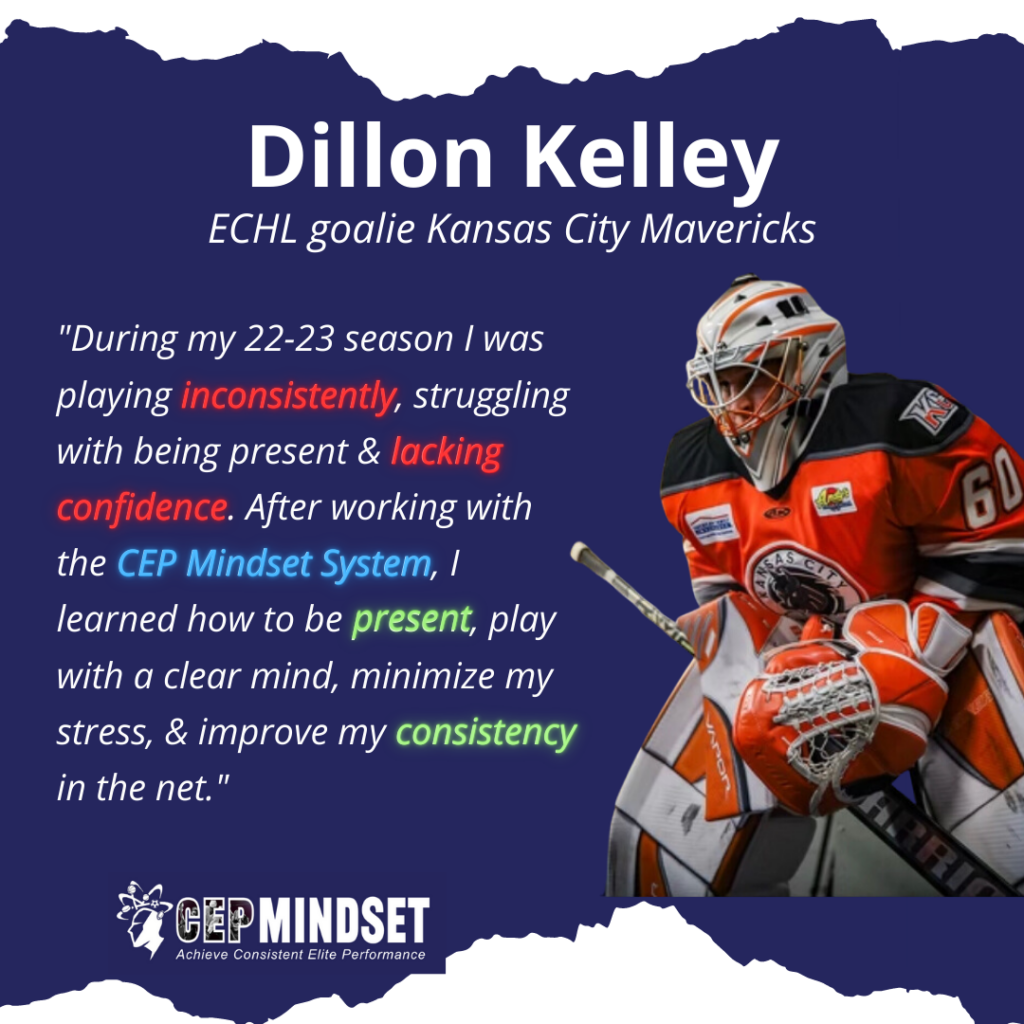
WHAT PEOPLE ARE SAYING ON GOOGLE



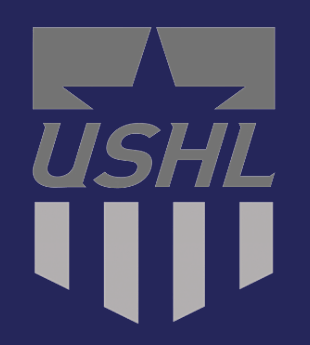

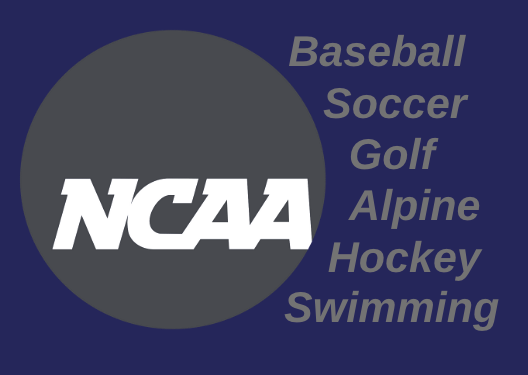
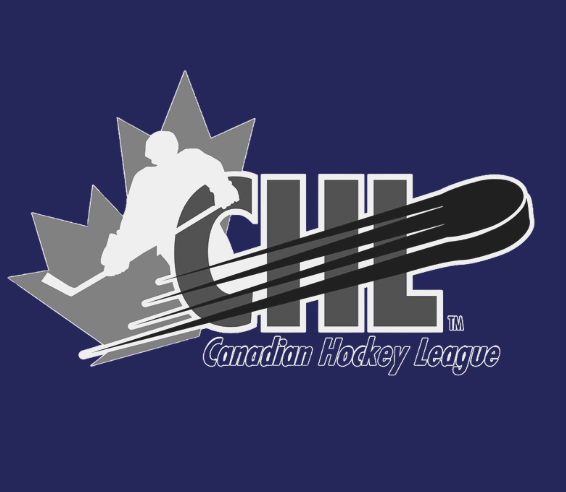
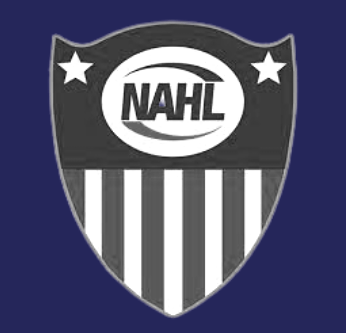

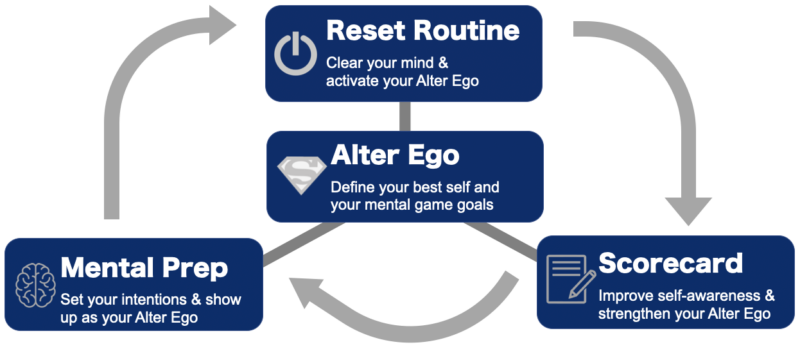

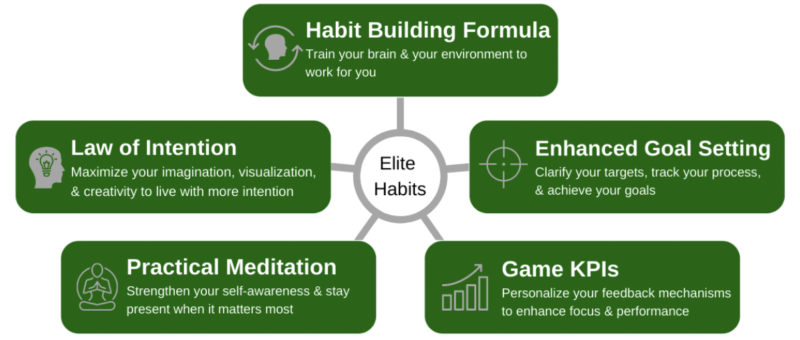

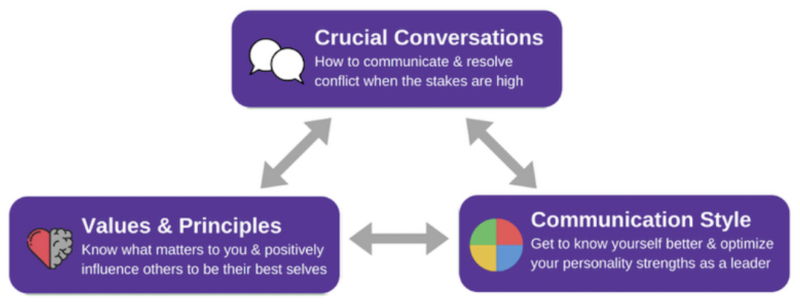
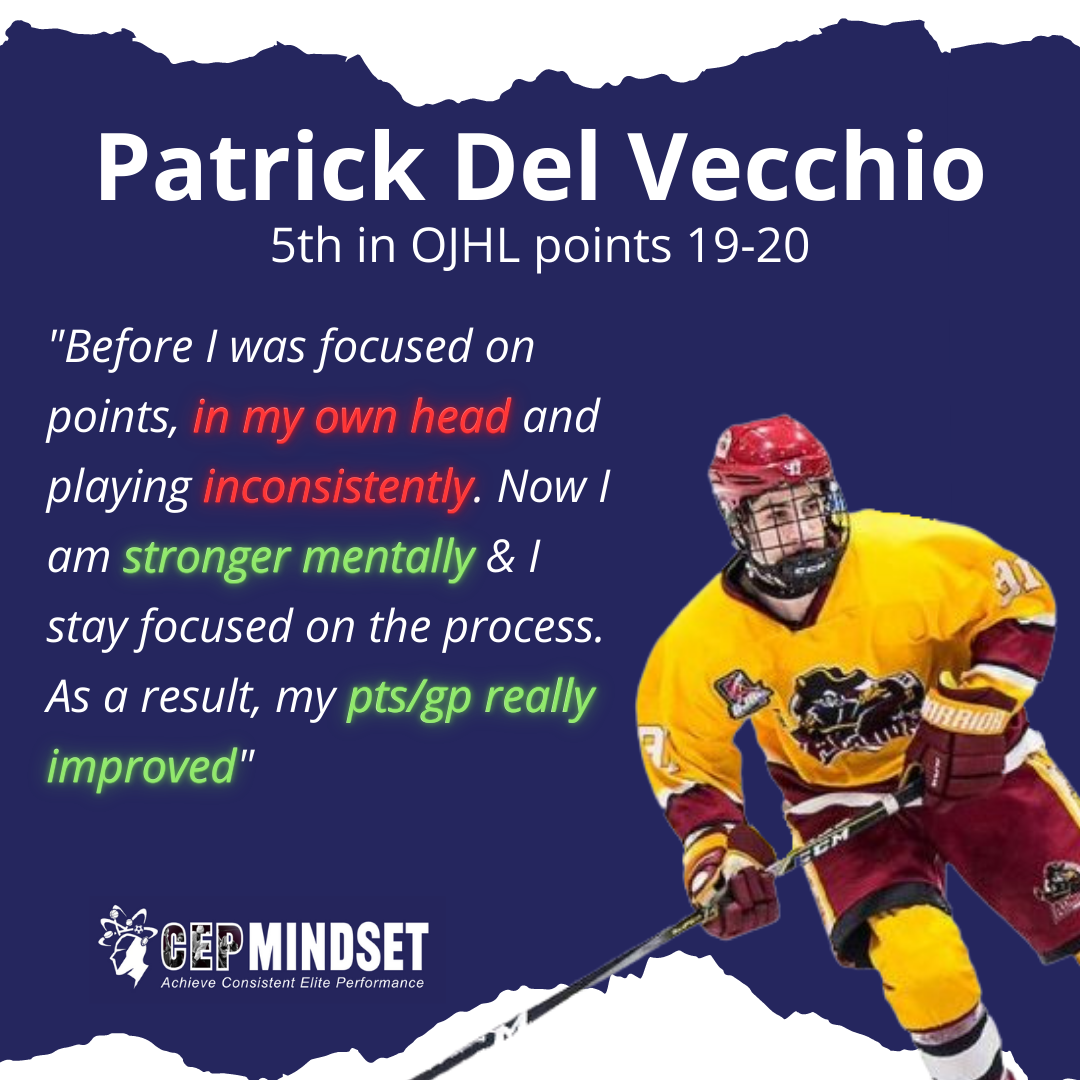
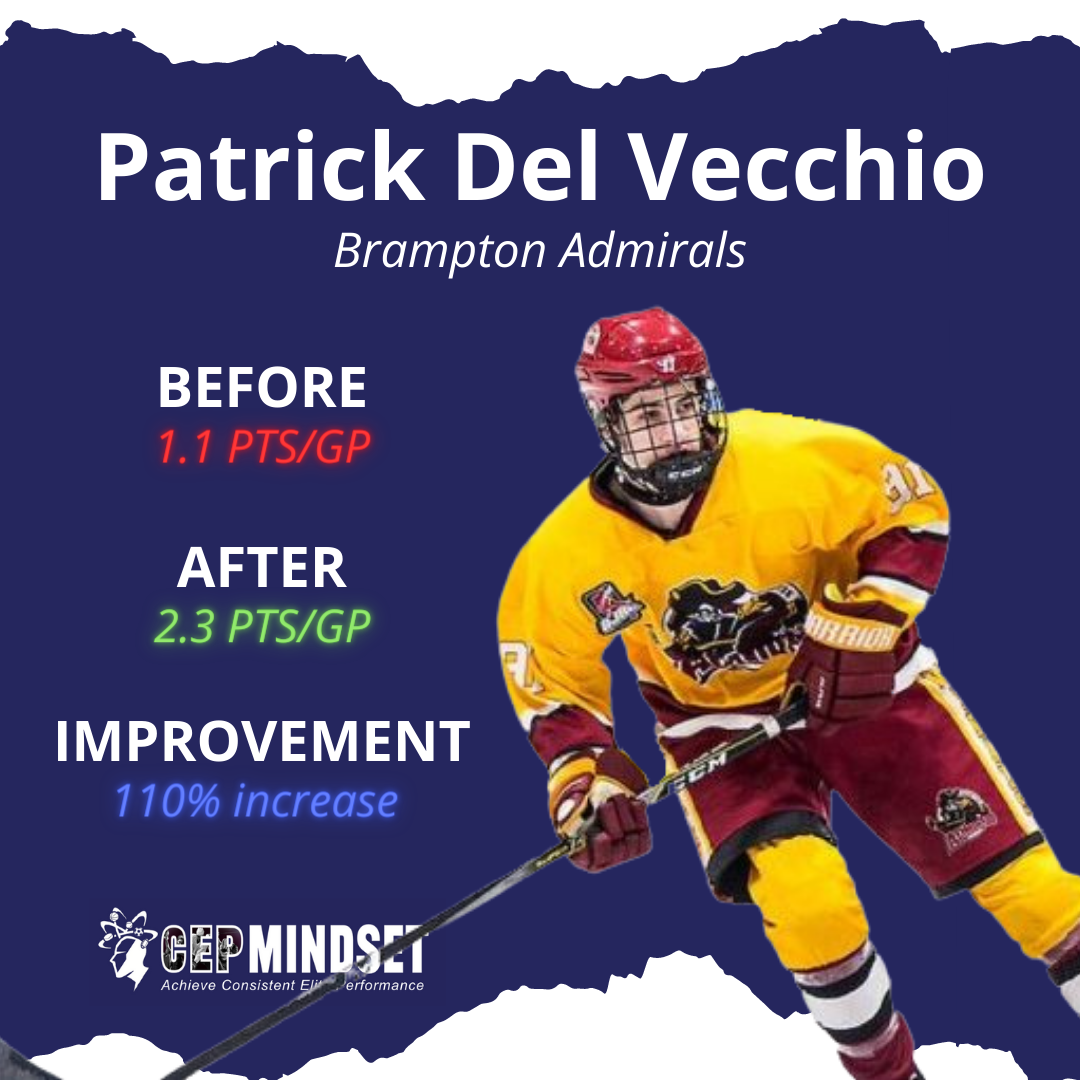
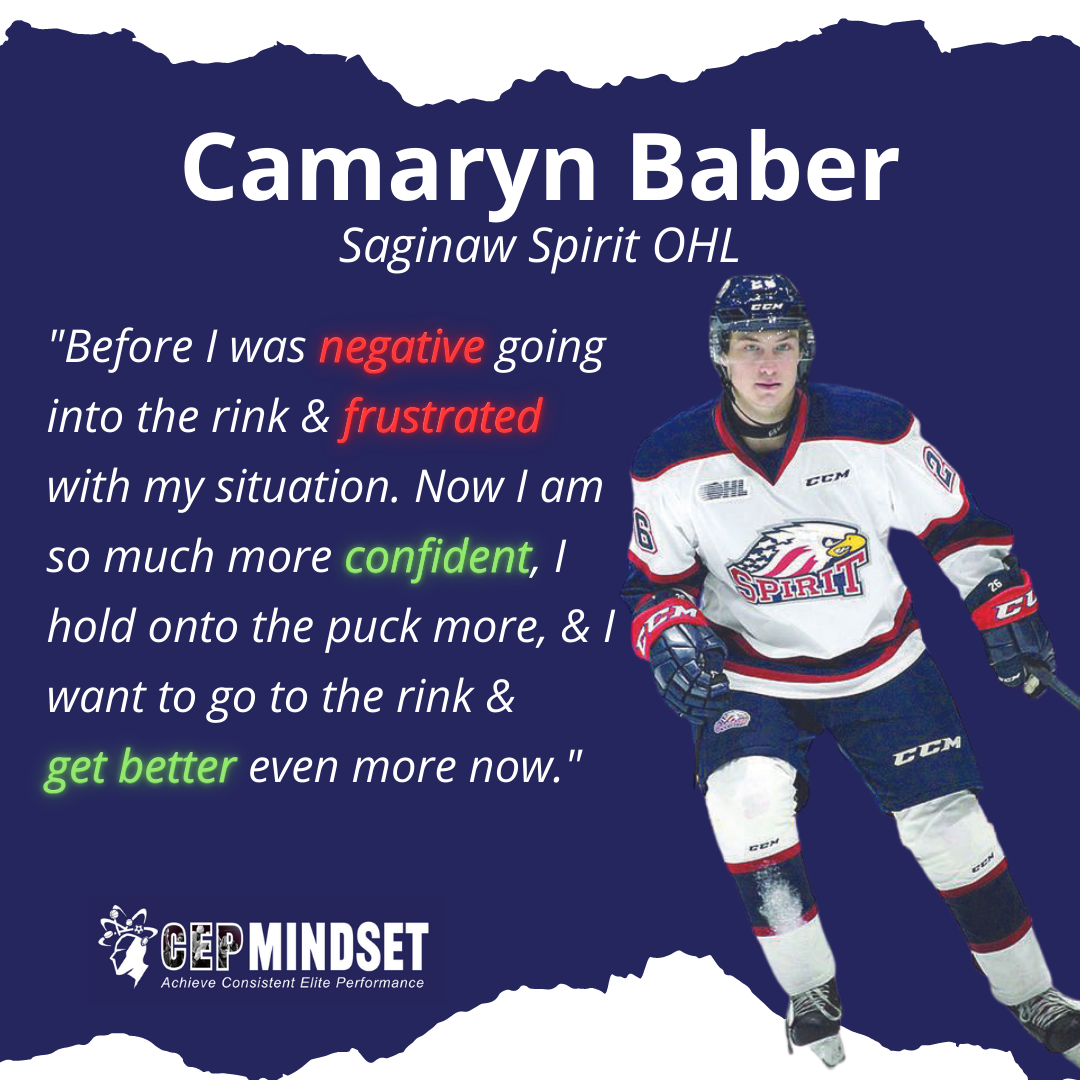
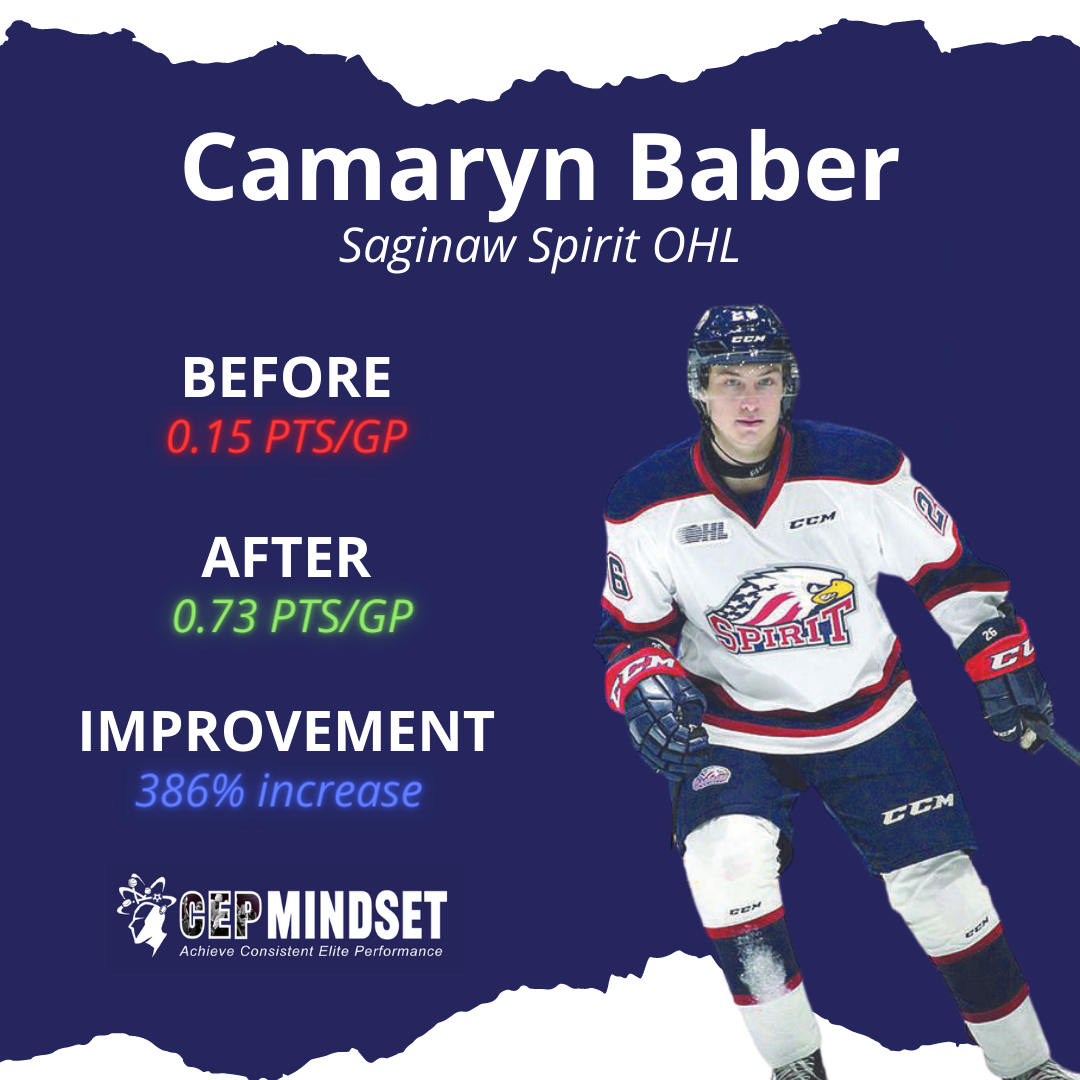
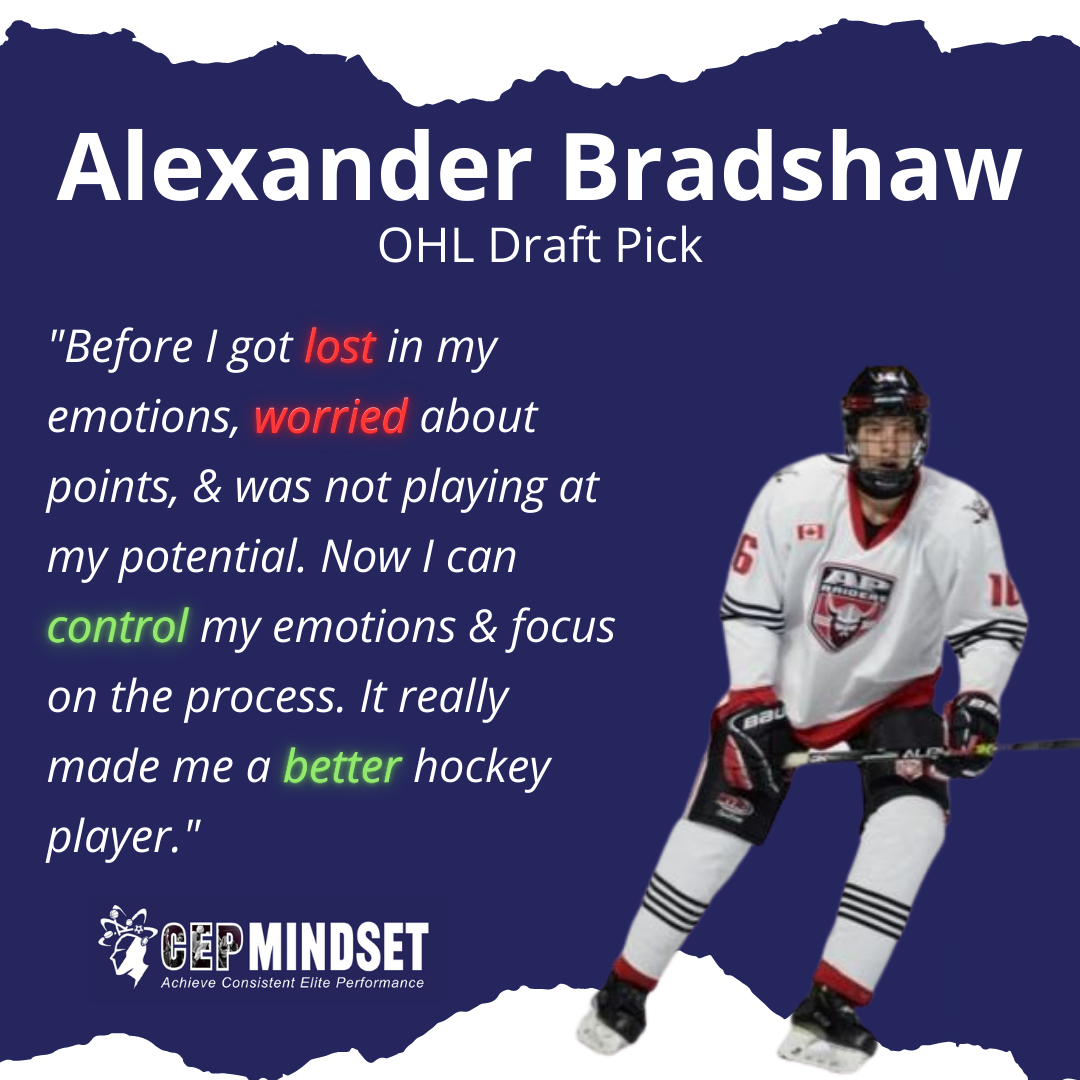
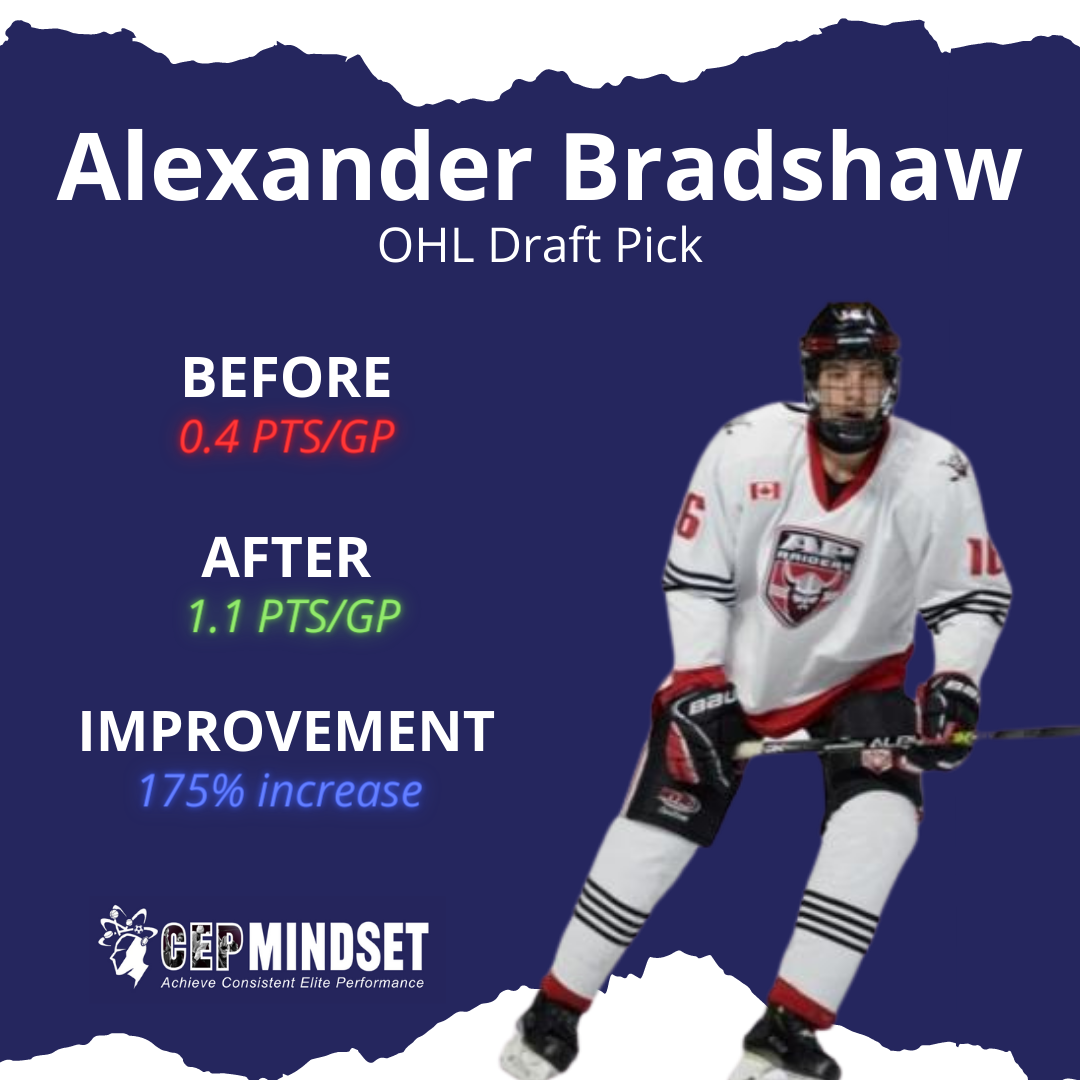
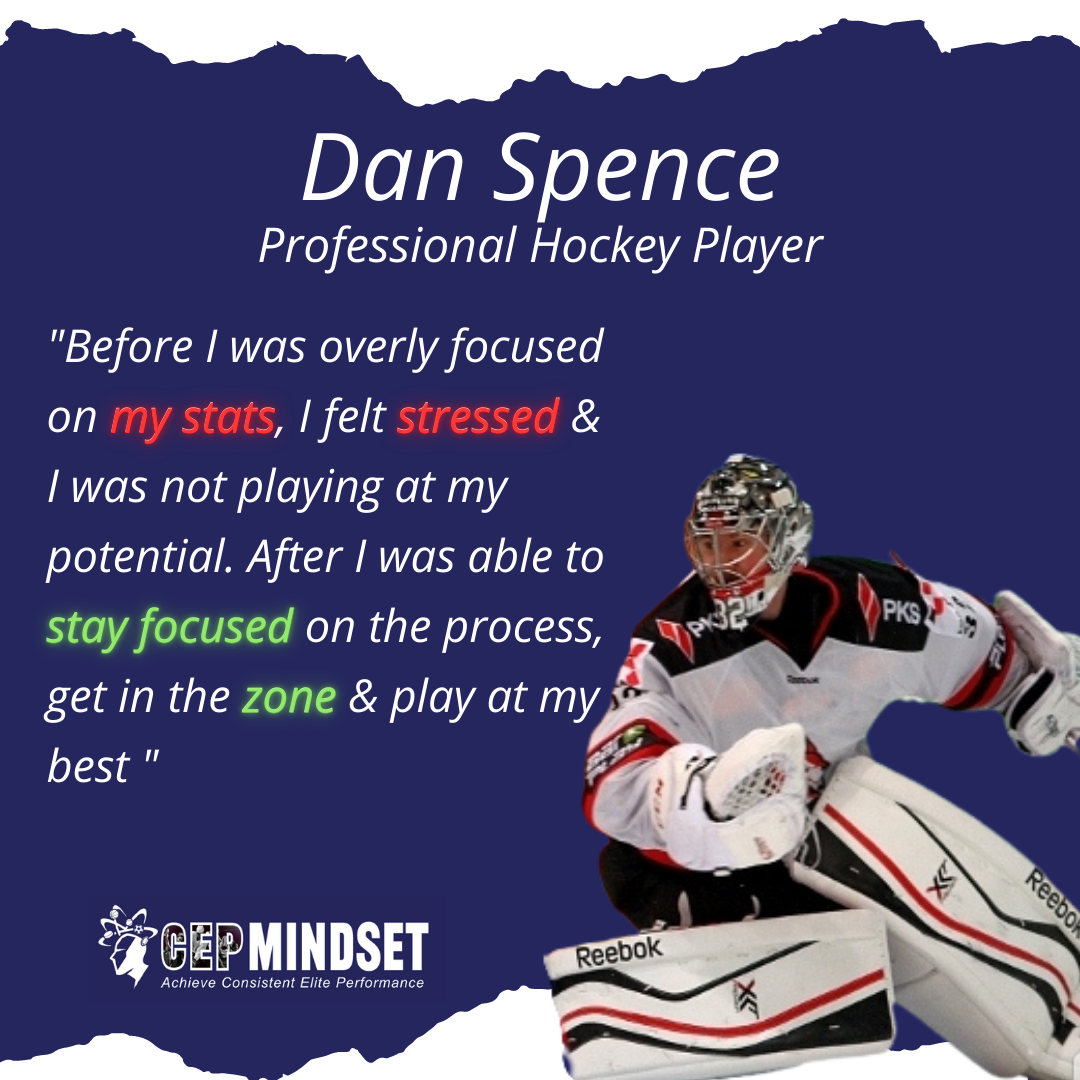
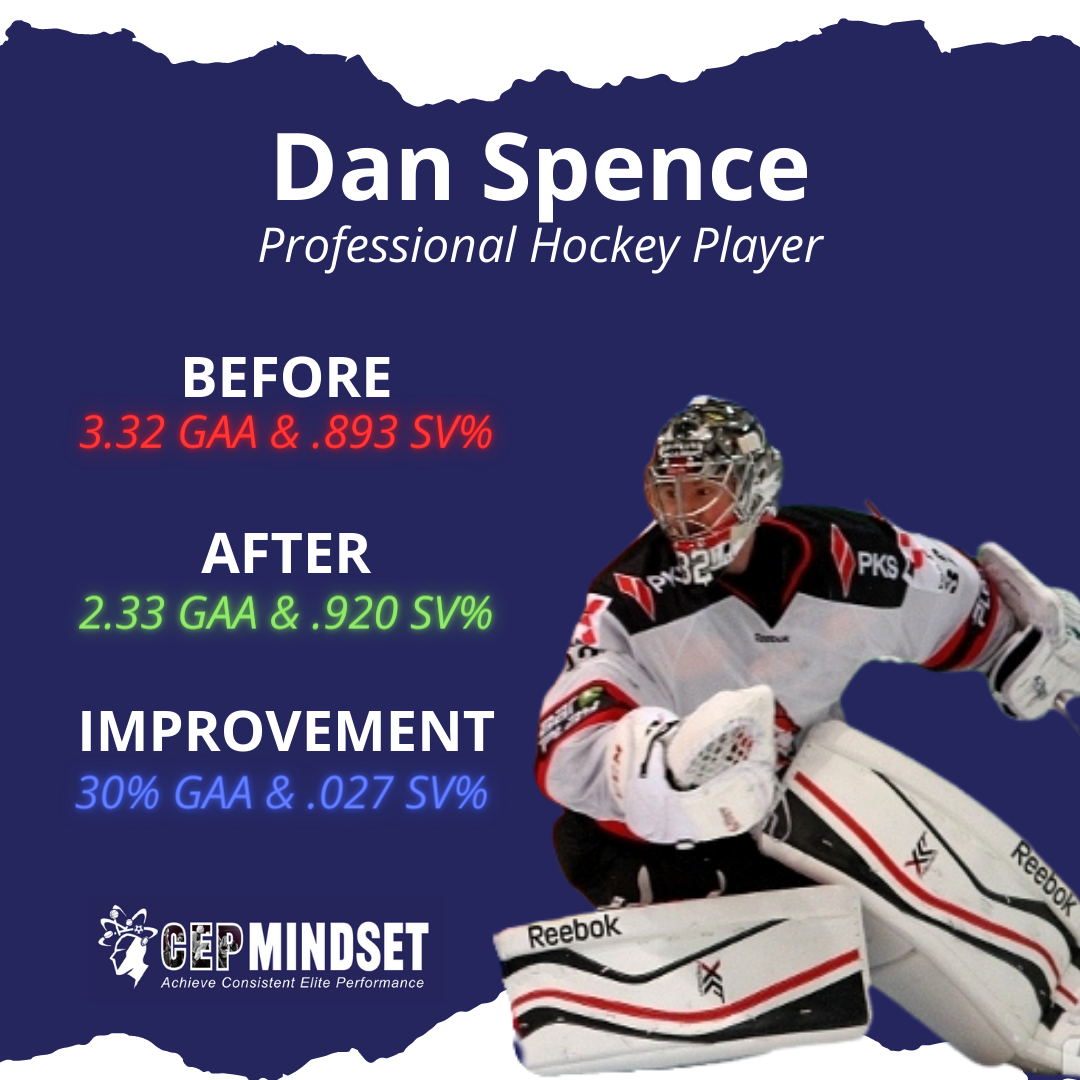
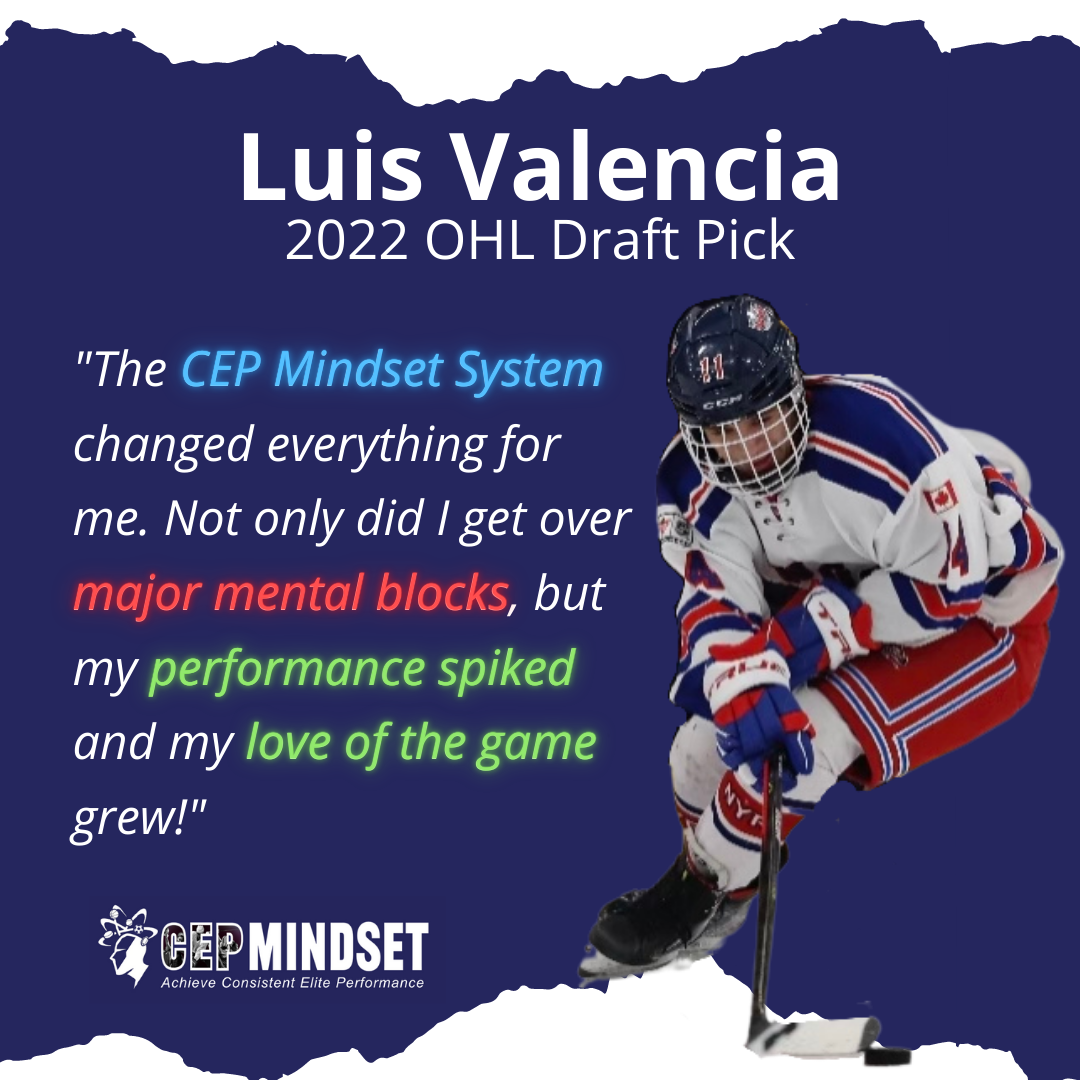
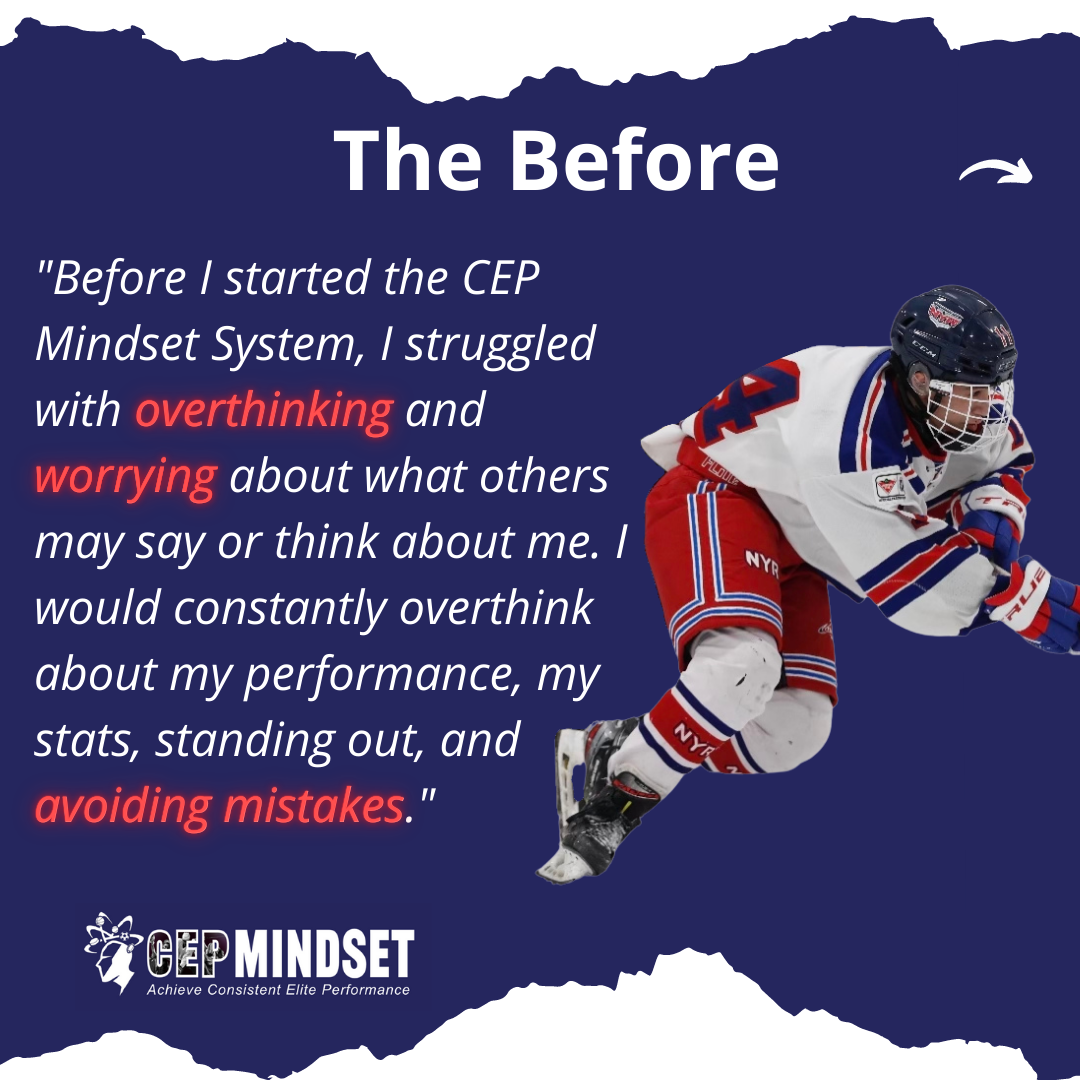
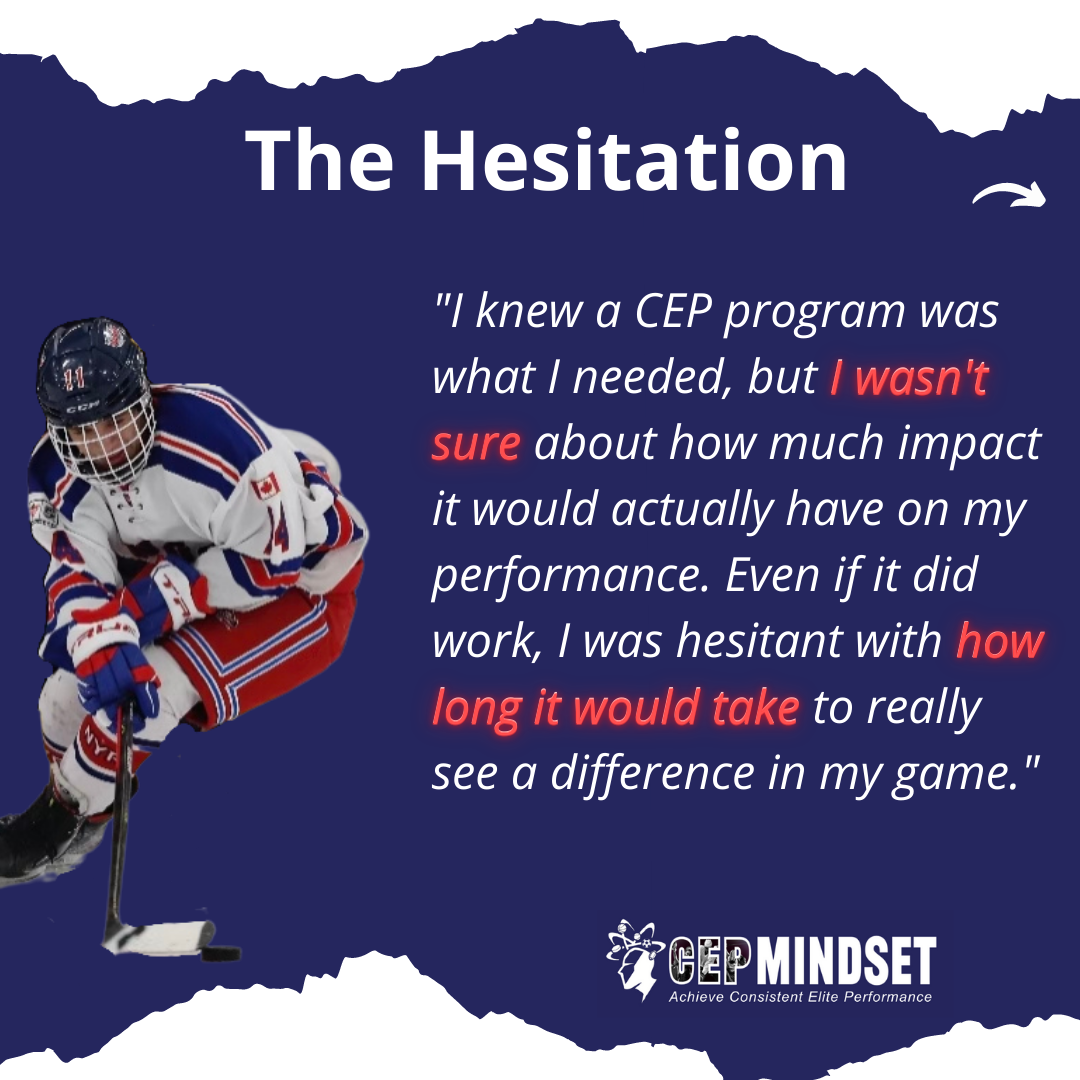
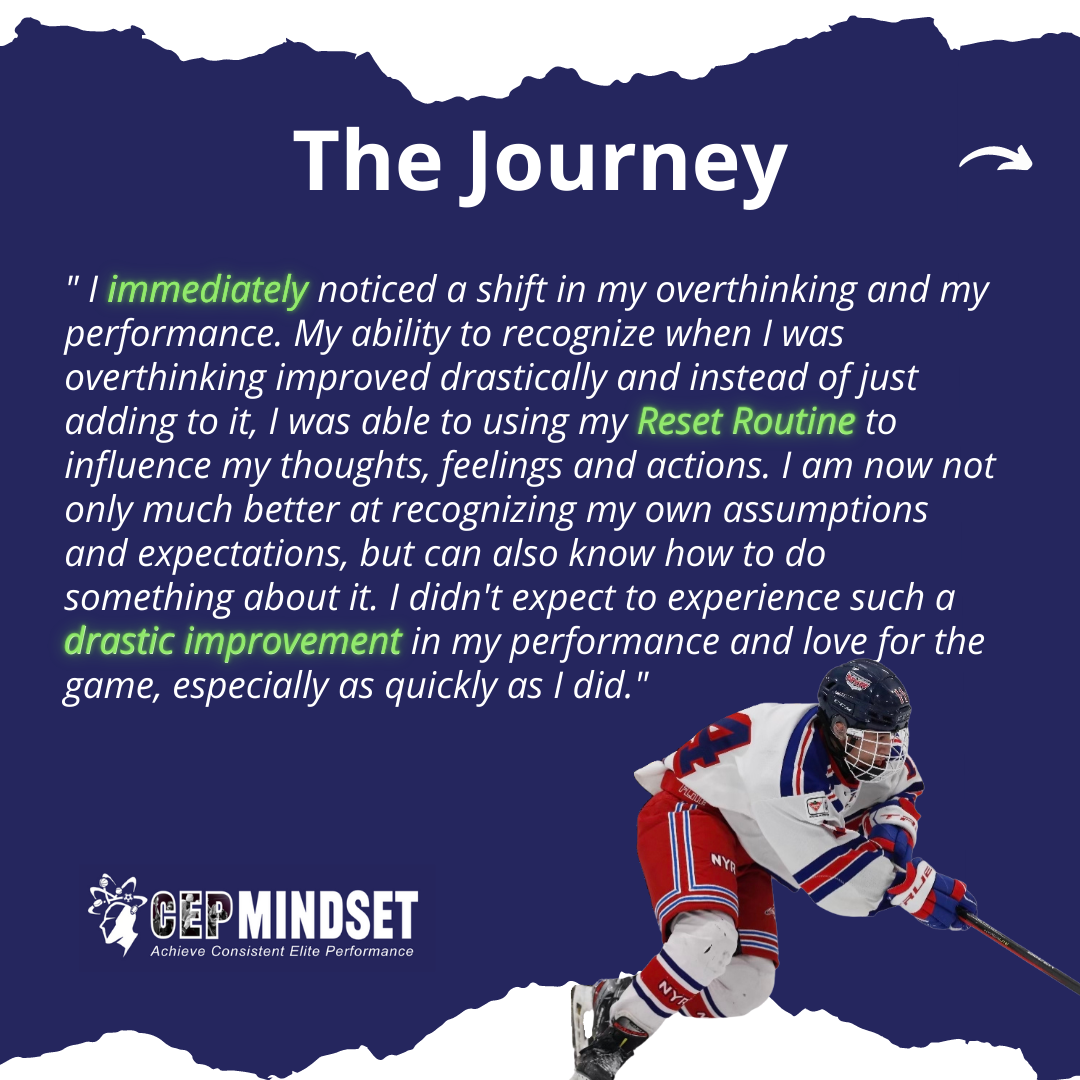
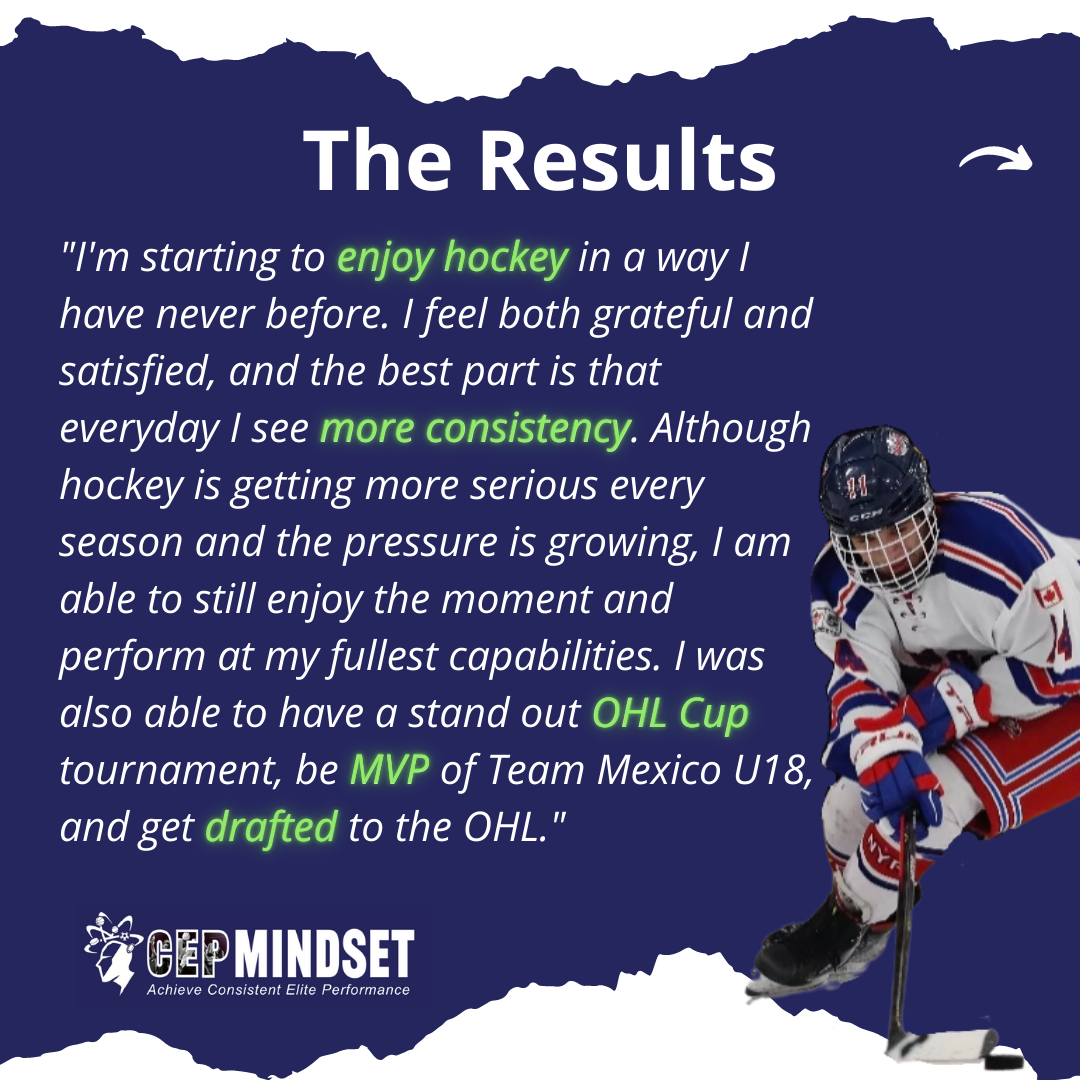
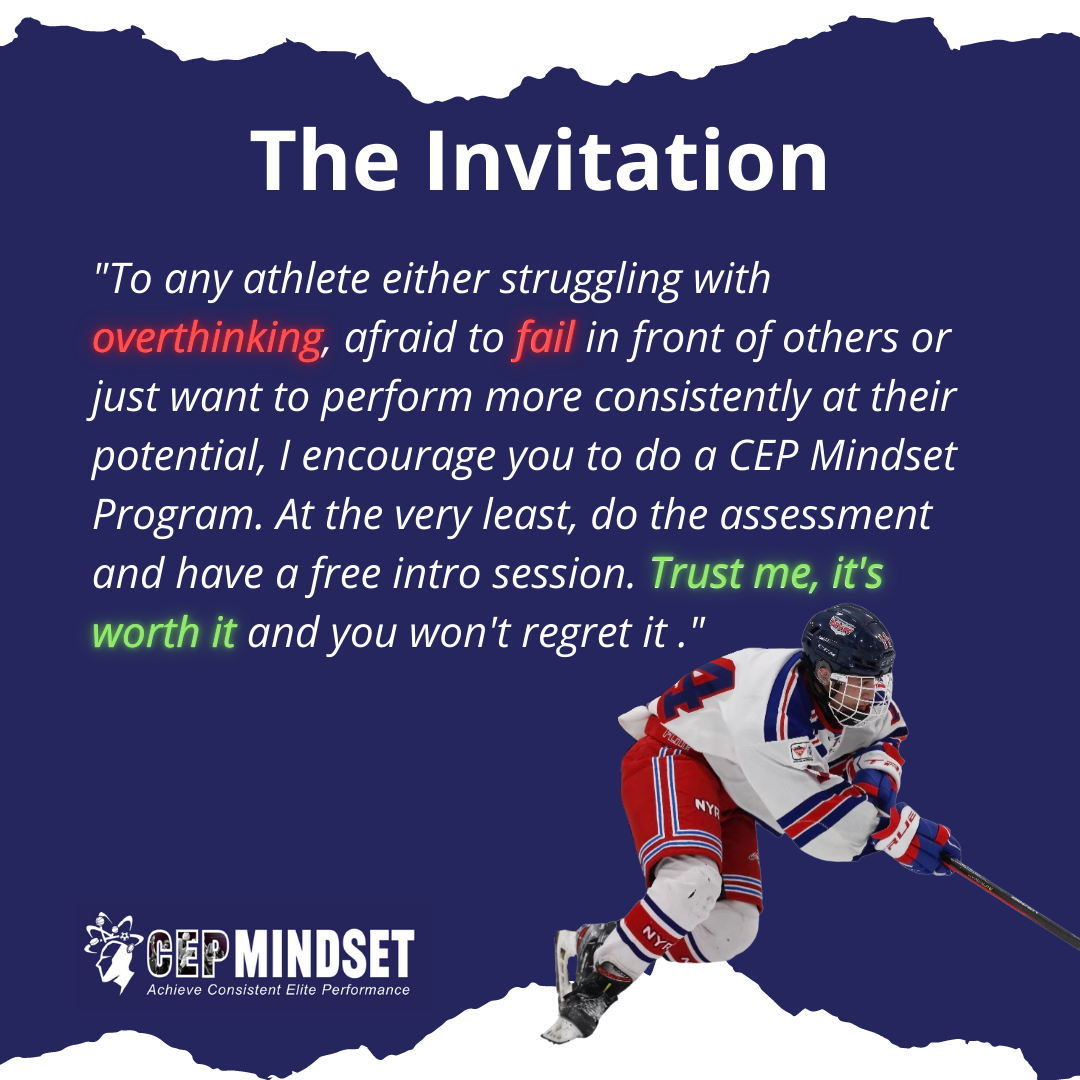
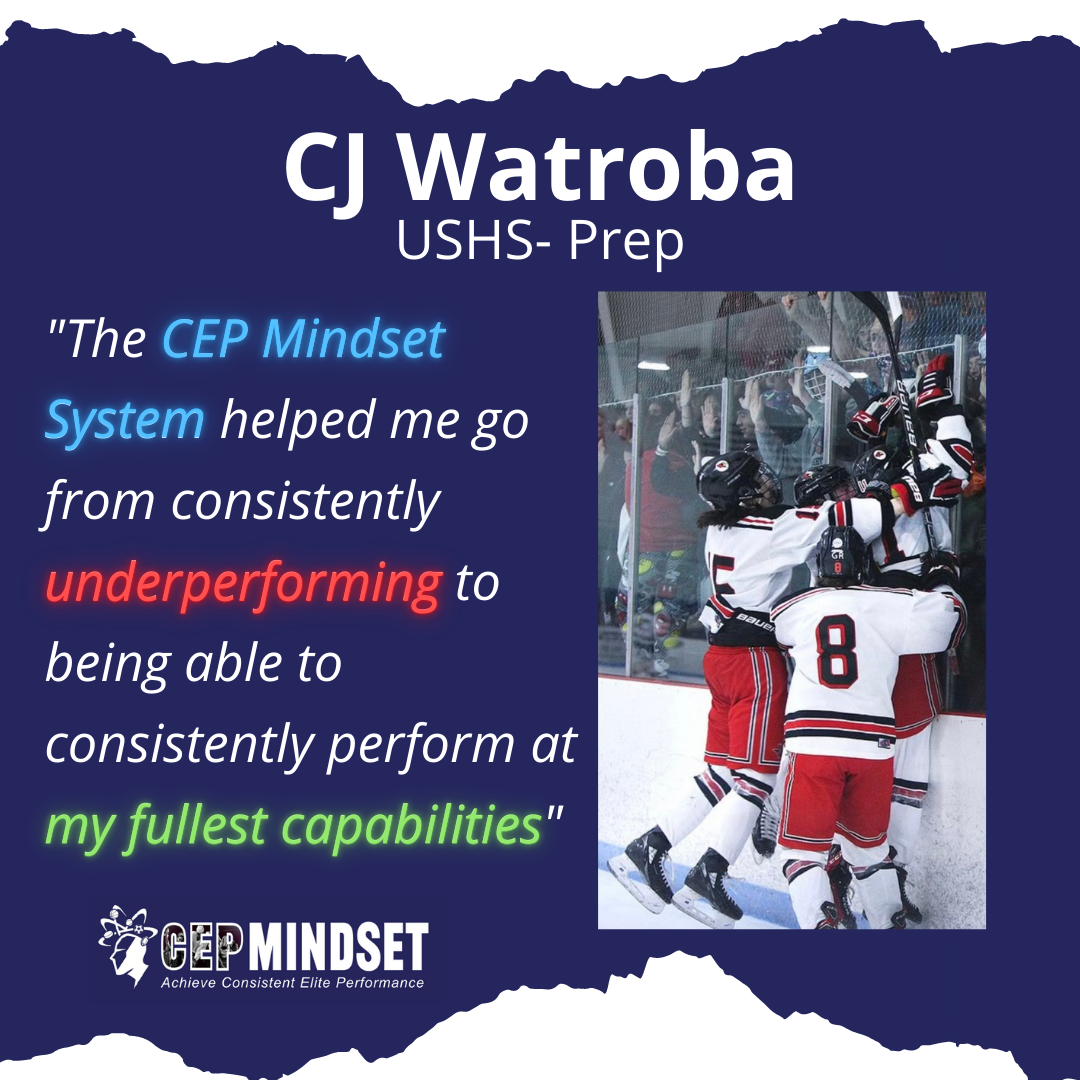
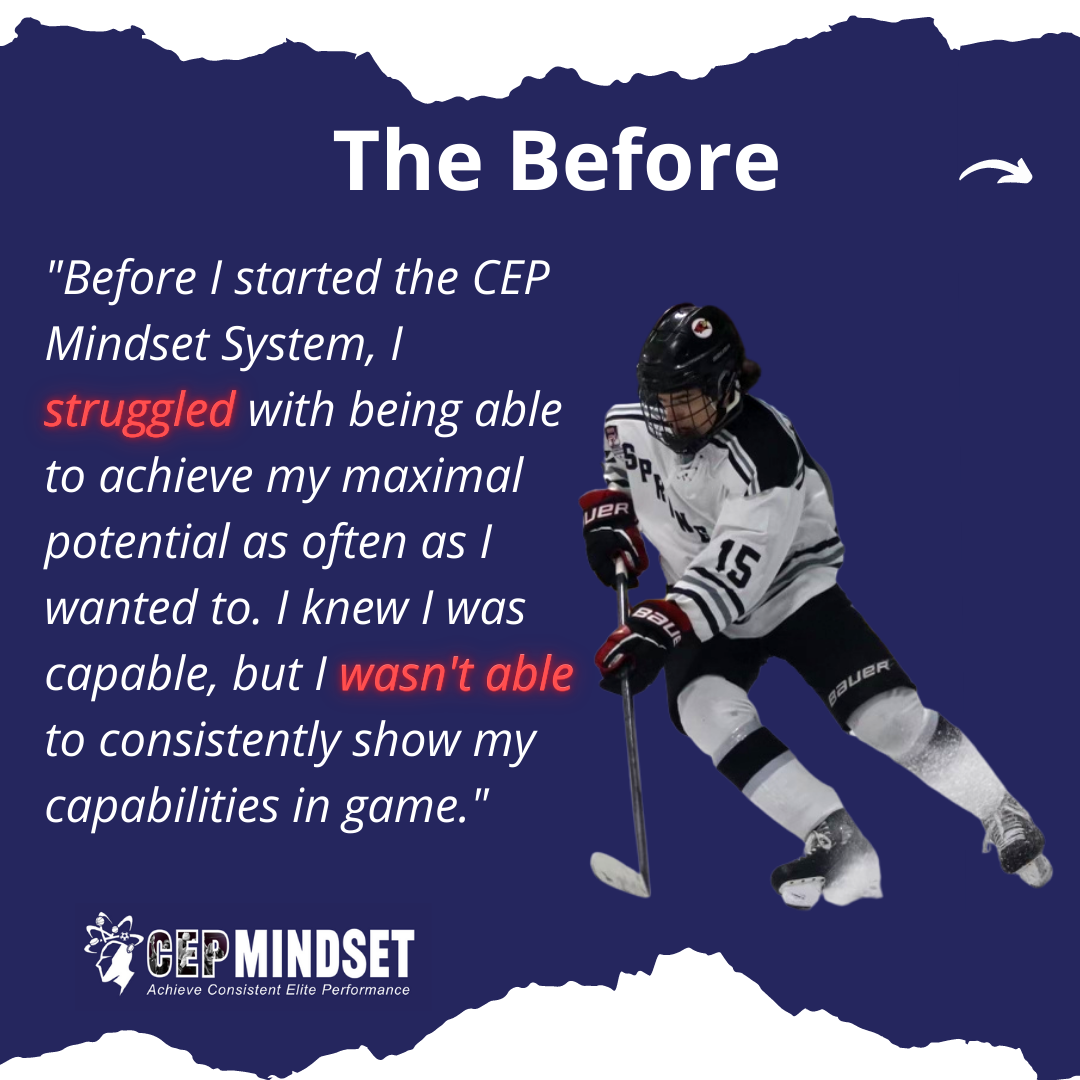
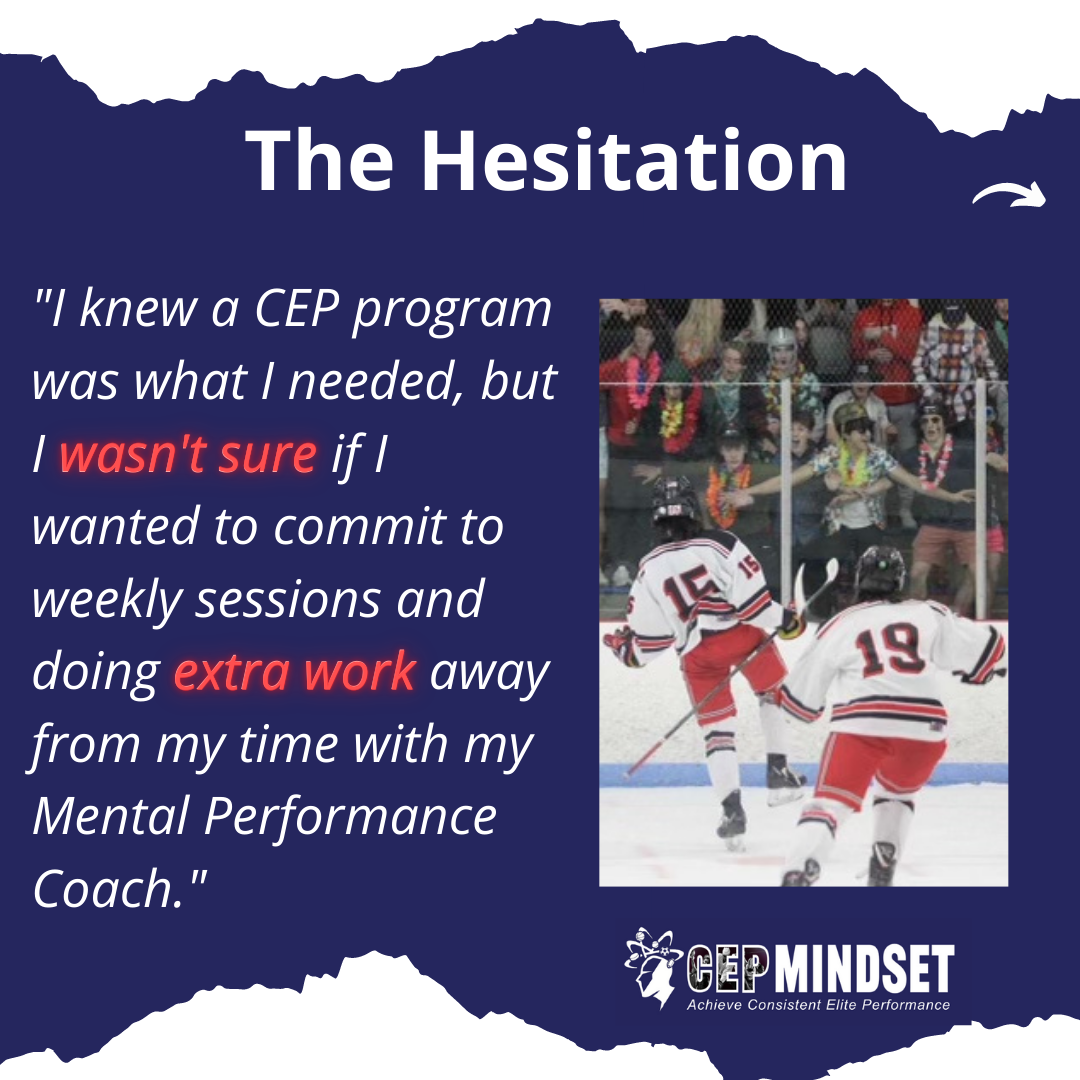
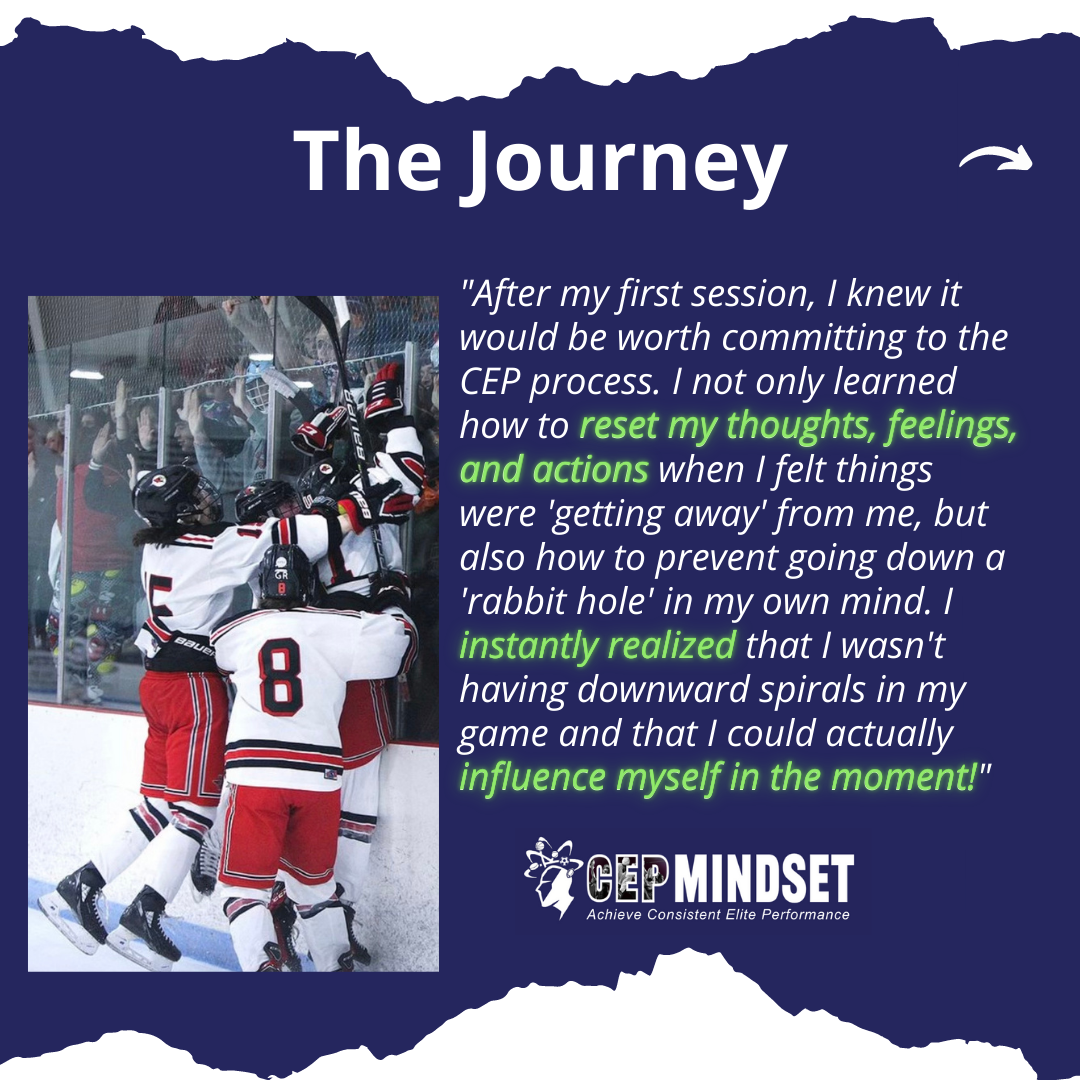
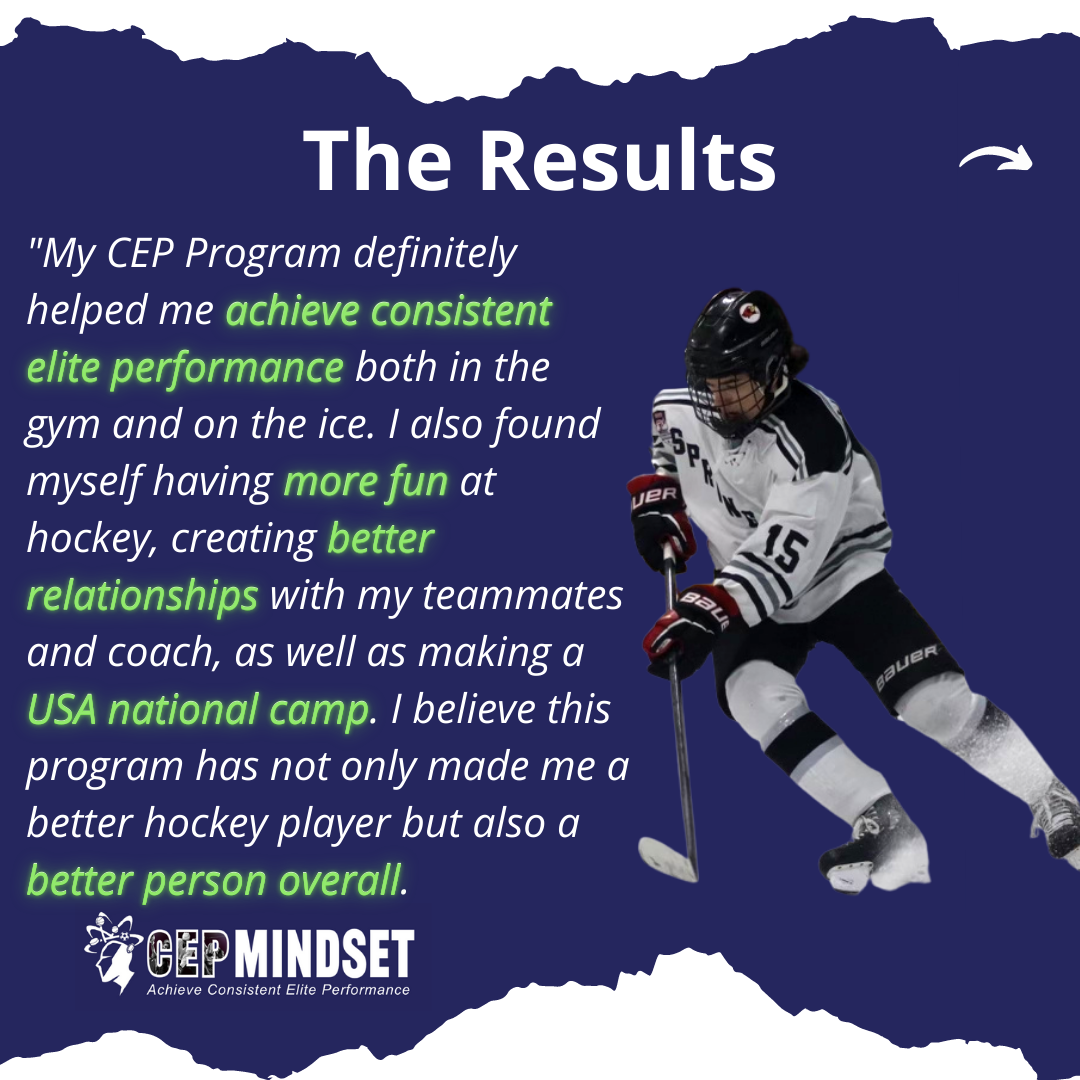
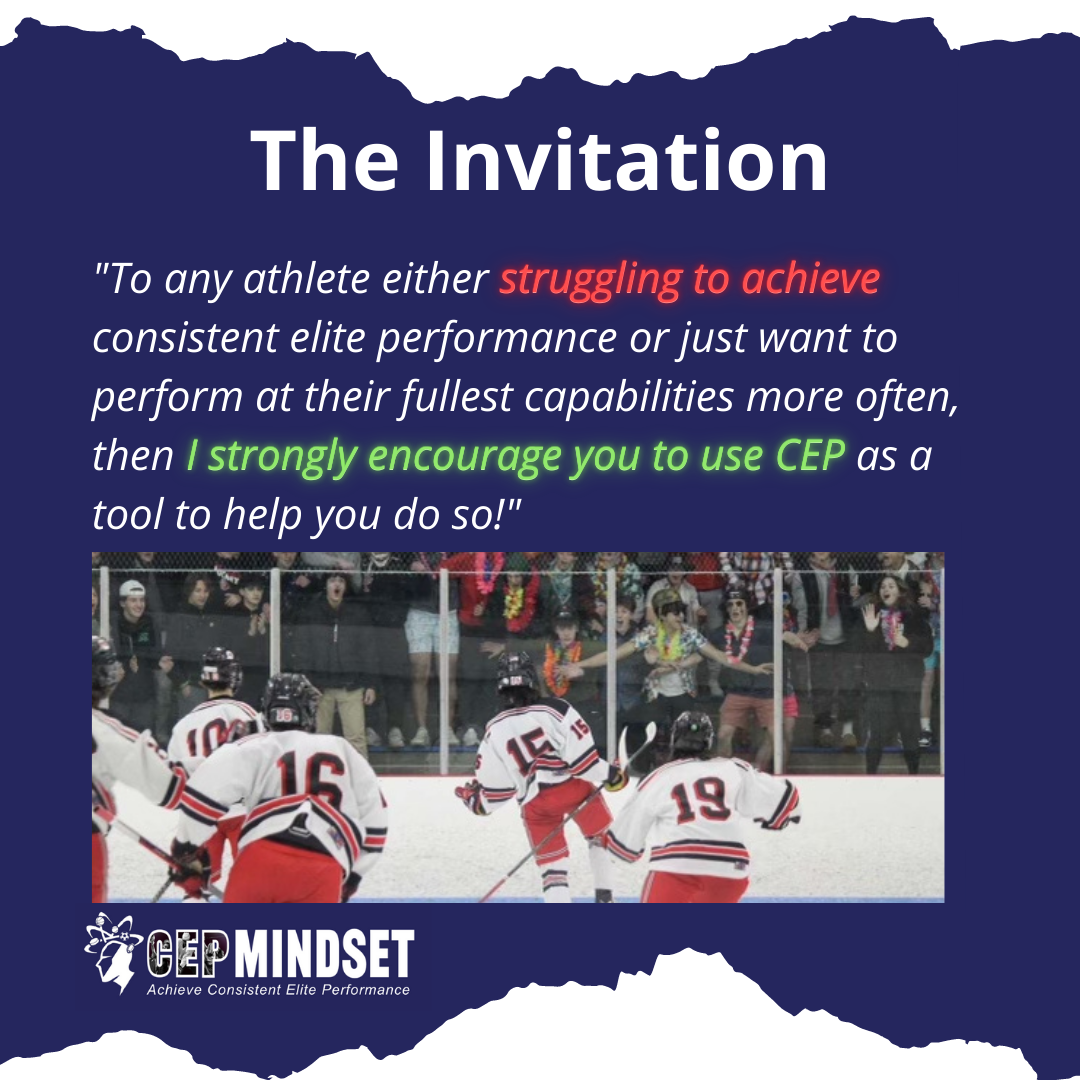
 Nicholas Santino is a Senior High-Performance Coach, PhD Candidate, and the official Mental Performance Consultant for Elite Prospects. From his specialized psychology research program, to his PhD studies, Nicholas has gained a tremendous foundation of knowledge and appreciation for the human experience. His passion for psychology has accumulated to a commitment to studying and applying positive psychology and stoicism. This commitment has led Nicholas to conduct many research studies focusing on understanding why and how some people thrive and prosper while others do not. His admiration for evidence-based solutions has propelled Nicholas to produce studies revolving around mindfulness, grit (perseverance and passion), performance, quality participation, social relationships, and well-being.
Nicholas Santino is a Senior High-Performance Coach, PhD Candidate, and the official Mental Performance Consultant for Elite Prospects. From his specialized psychology research program, to his PhD studies, Nicholas has gained a tremendous foundation of knowledge and appreciation for the human experience. His passion for psychology has accumulated to a commitment to studying and applying positive psychology and stoicism. This commitment has led Nicholas to conduct many research studies focusing on understanding why and how some people thrive and prosper while others do not. His admiration for evidence-based solutions has propelled Nicholas to produce studies revolving around mindfulness, grit (perseverance and passion), performance, quality participation, social relationships, and well-being. A Native of Quebec, Sara was part of the St. Lawrence University Women’s Ice Hockey team that competed in the NCAA Division 1 hockey league ECAC. During this time, Sara helped her team appear in four ECAC Hockey Tournaments and two NCAA Frozen Fours, and was a four-time member of the ECAC Hockey All-Academic Squad. Following her career at St. Lawrence University, Sara played one year of professional hockey with Lugano, where she truly honed her skills in understanding the intricate connection between mindset and performance.
A Native of Quebec, Sara was part of the St. Lawrence University Women’s Ice Hockey team that competed in the NCAA Division 1 hockey league ECAC. During this time, Sara helped her team appear in four ECAC Hockey Tournaments and two NCAA Frozen Fours, and was a four-time member of the ECAC Hockey All-Academic Squad. Following her career at St. Lawrence University, Sara played one year of professional hockey with Lugano, where she truly honed her skills in understanding the intricate connection between mindset and performance.
 Blair has over 13 years of experience as a Professional Dancer, Assistant Dance Captain & Cast Manager, as well as an additional 17 years of training. Over the last 3 decades, she has lived and experienced first hand the highest of highs & lowest of lows that come with pursuing a career in the Performing Arts.
Blair has over 13 years of experience as a Professional Dancer, Assistant Dance Captain & Cast Manager, as well as an additional 17 years of training. Over the last 3 decades, she has lived and experienced first hand the highest of highs & lowest of lows that come with pursuing a career in the Performing Arts.













